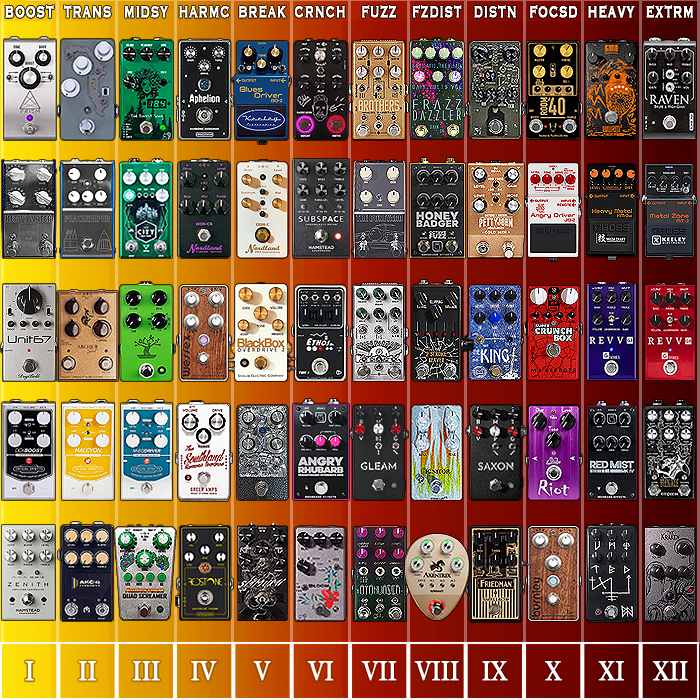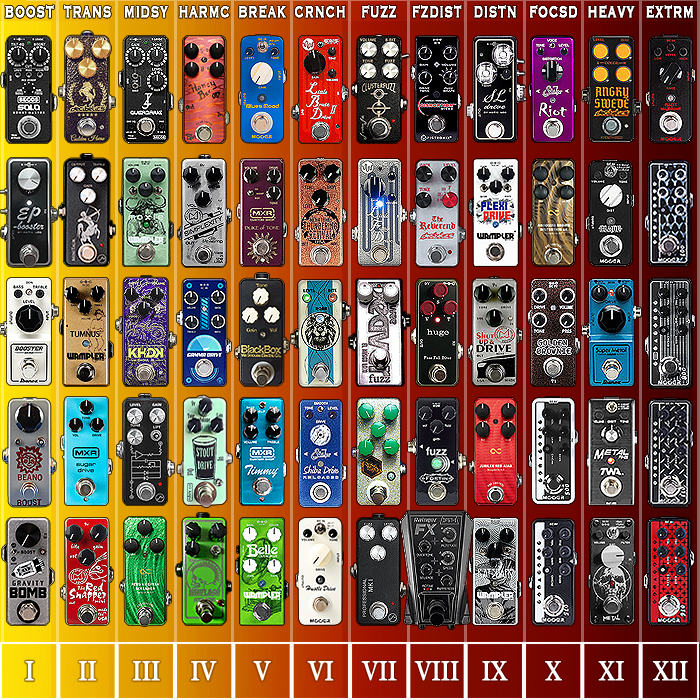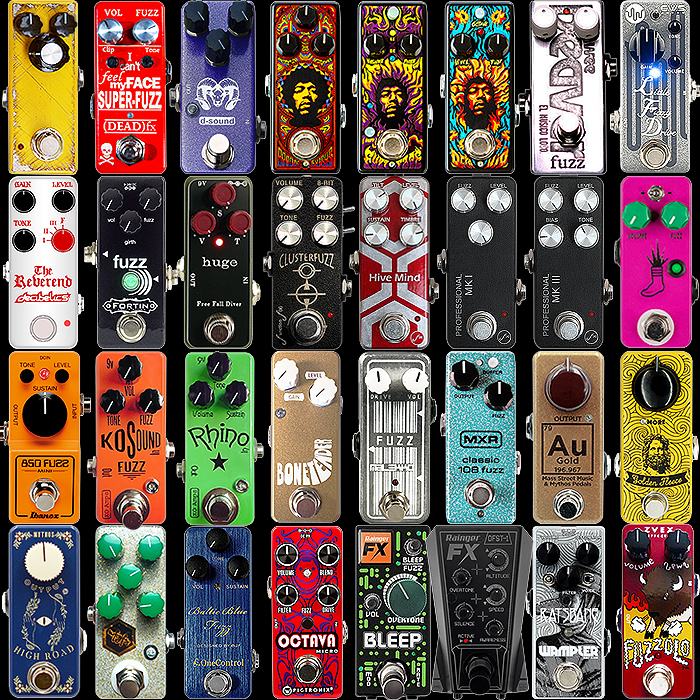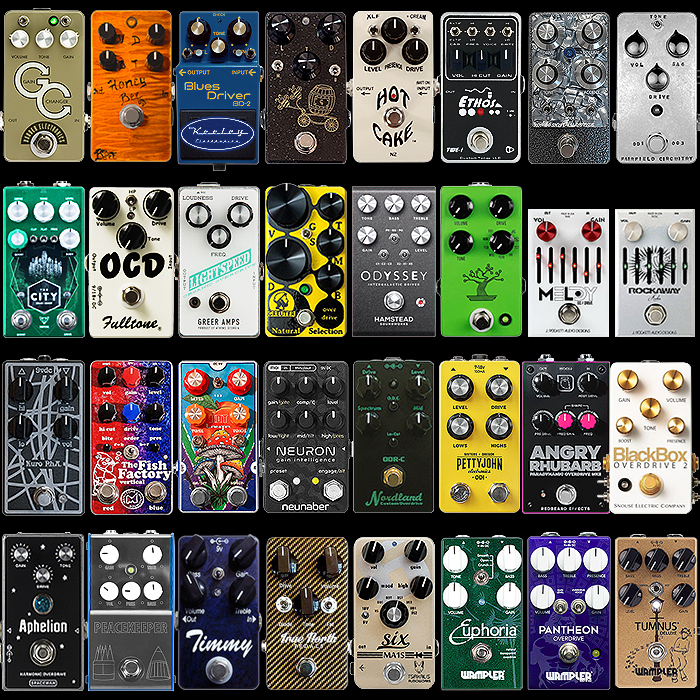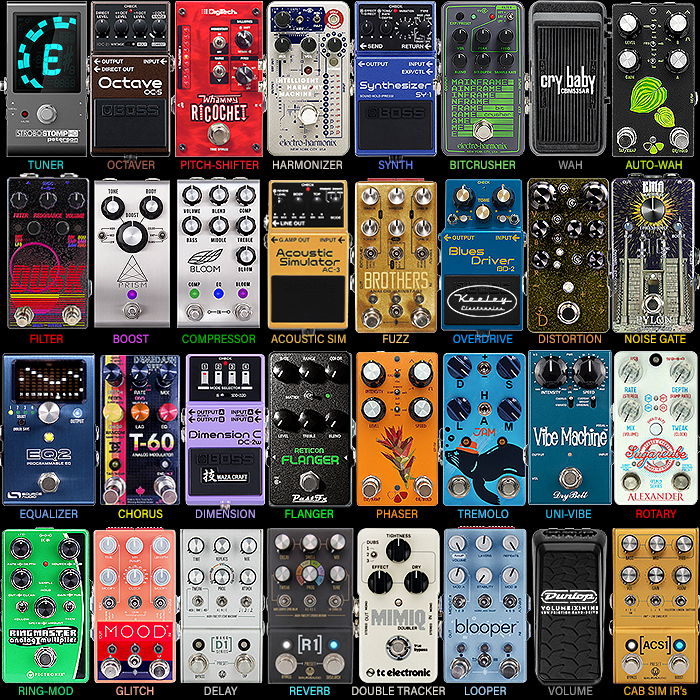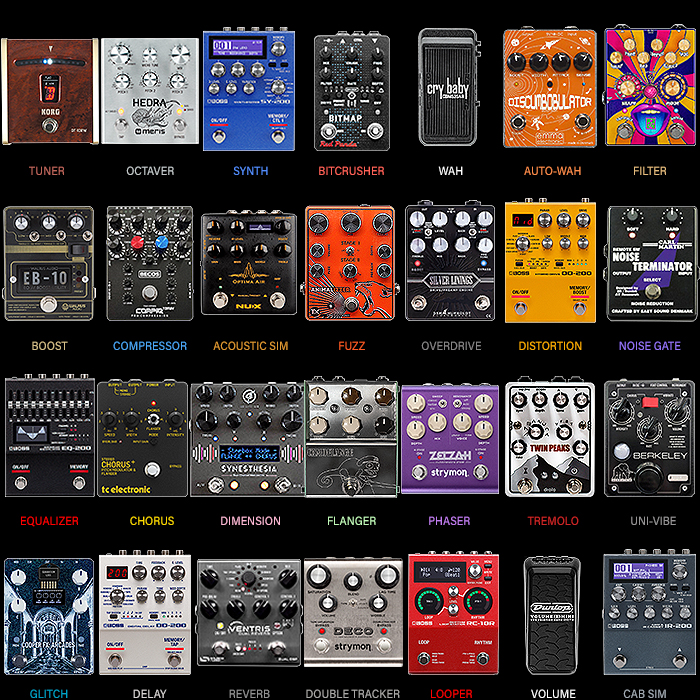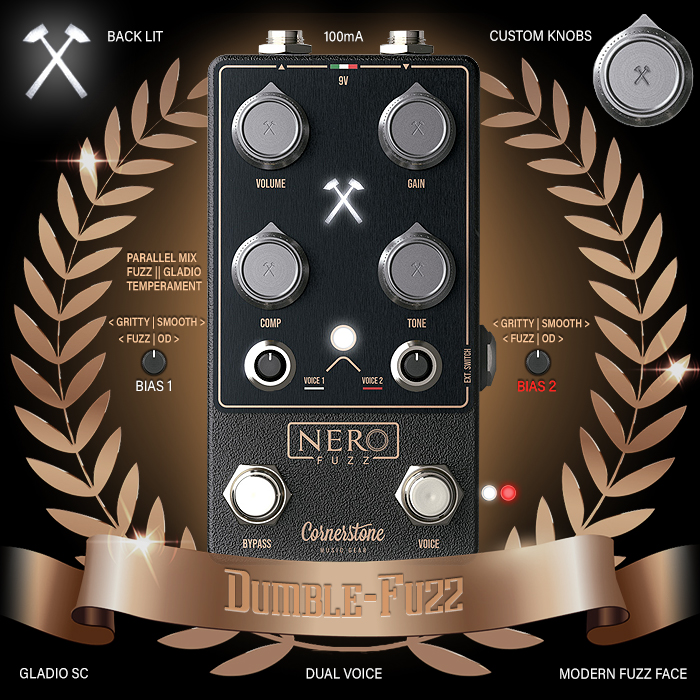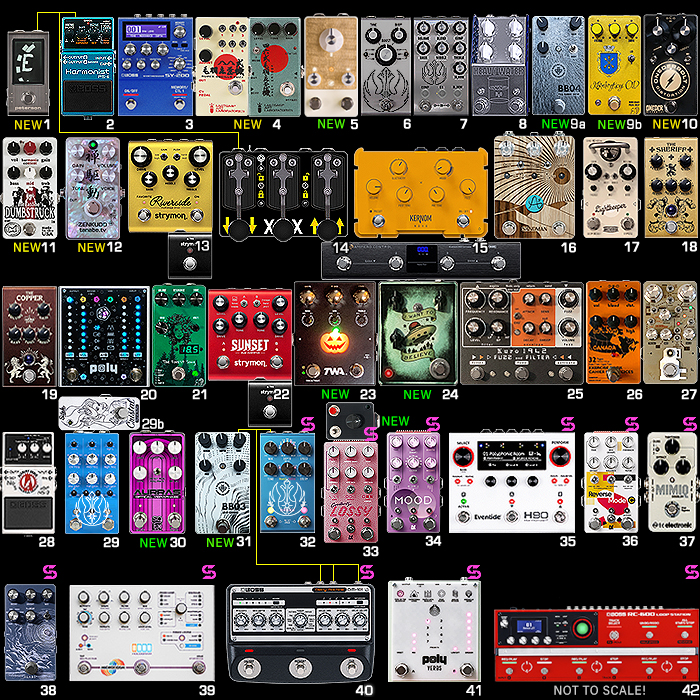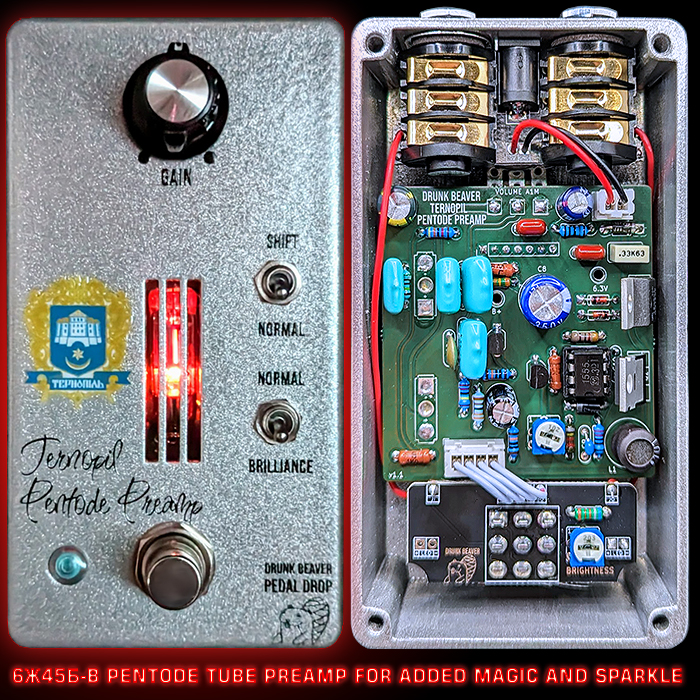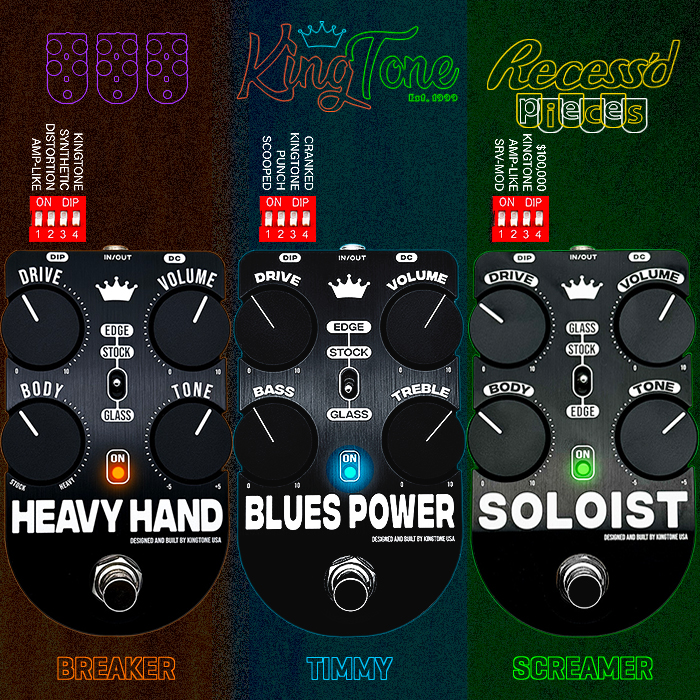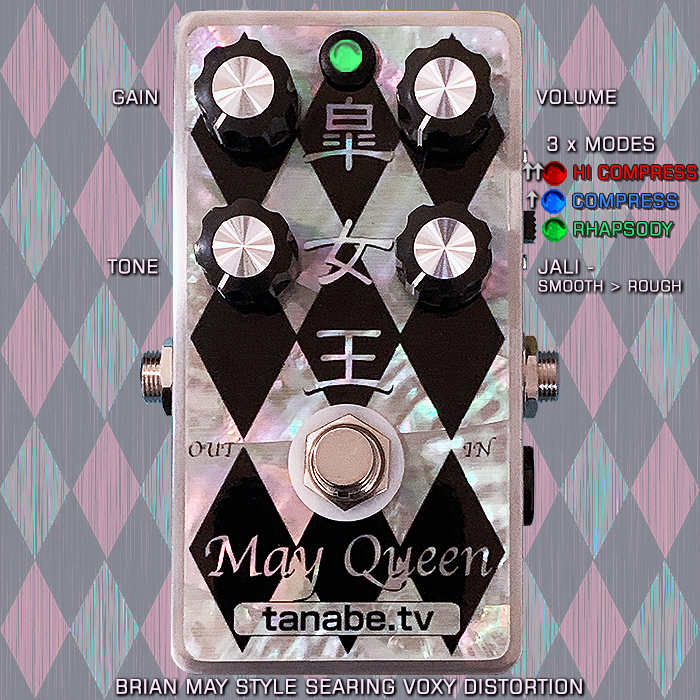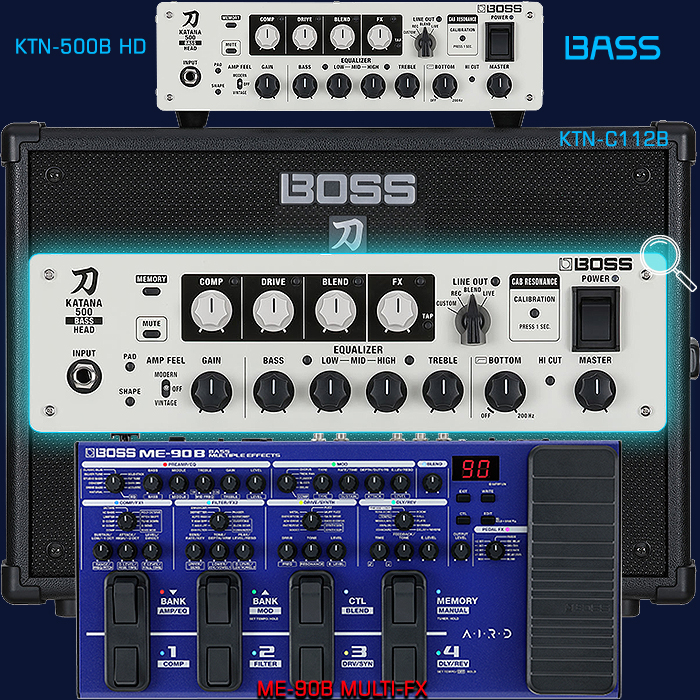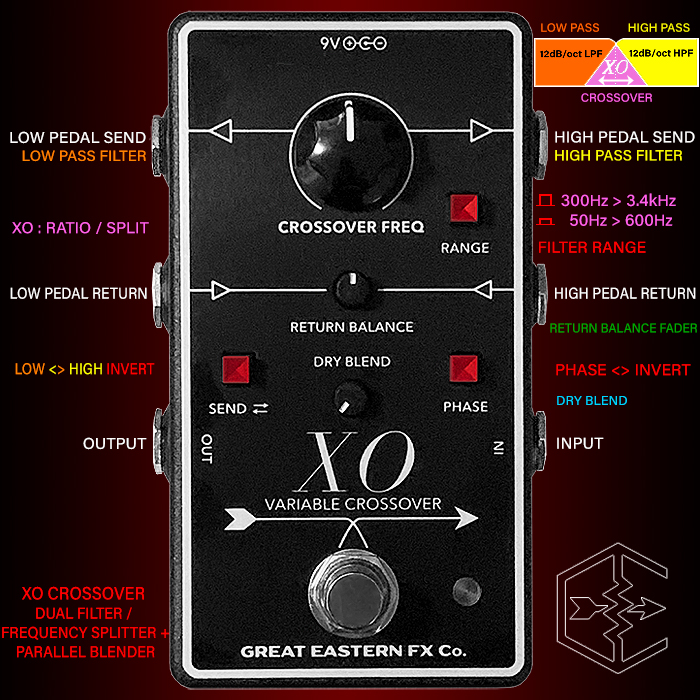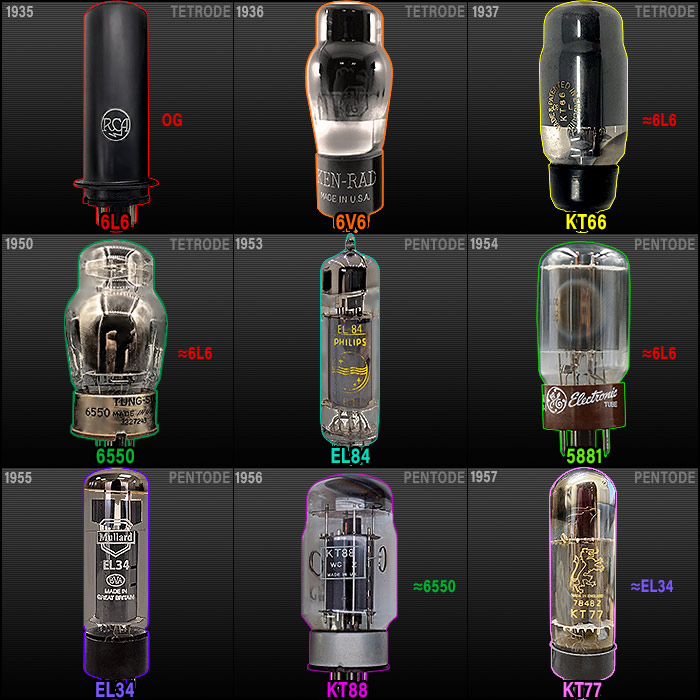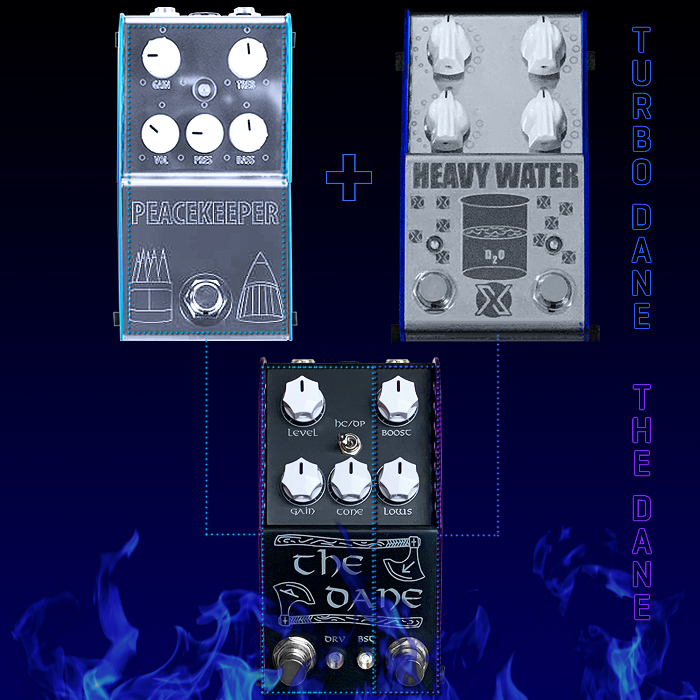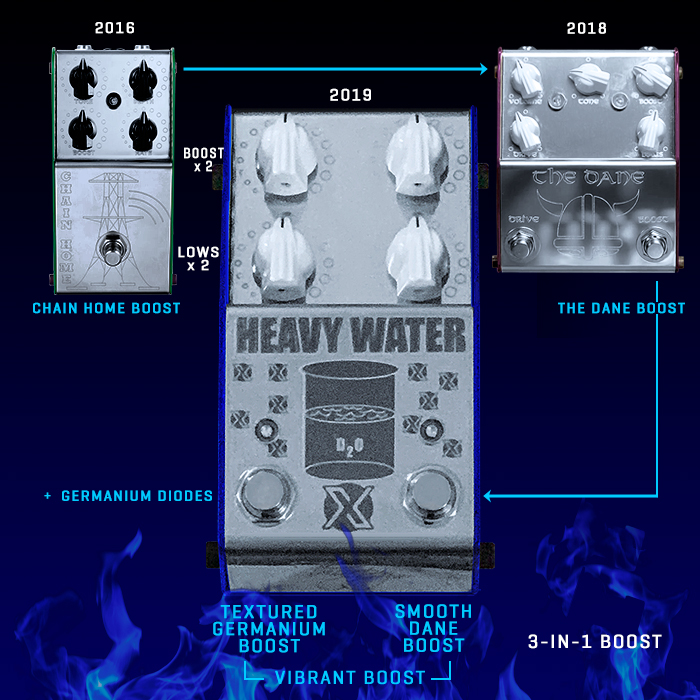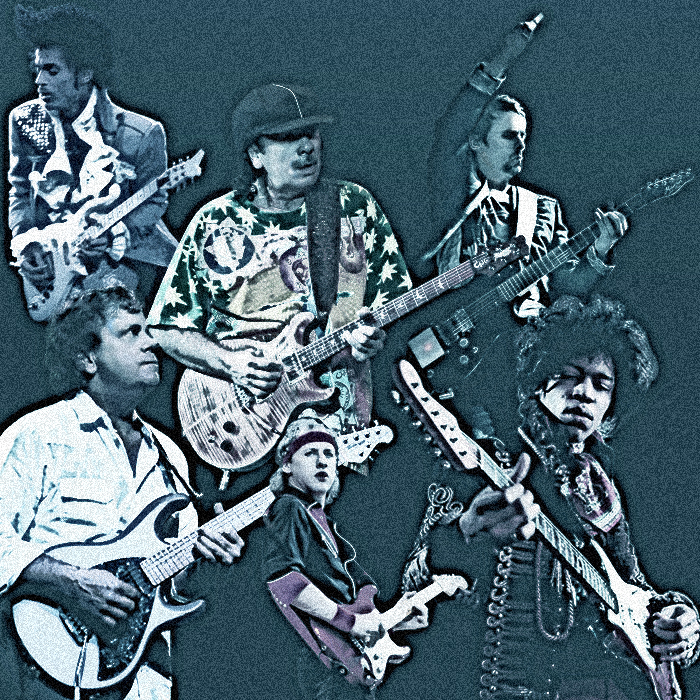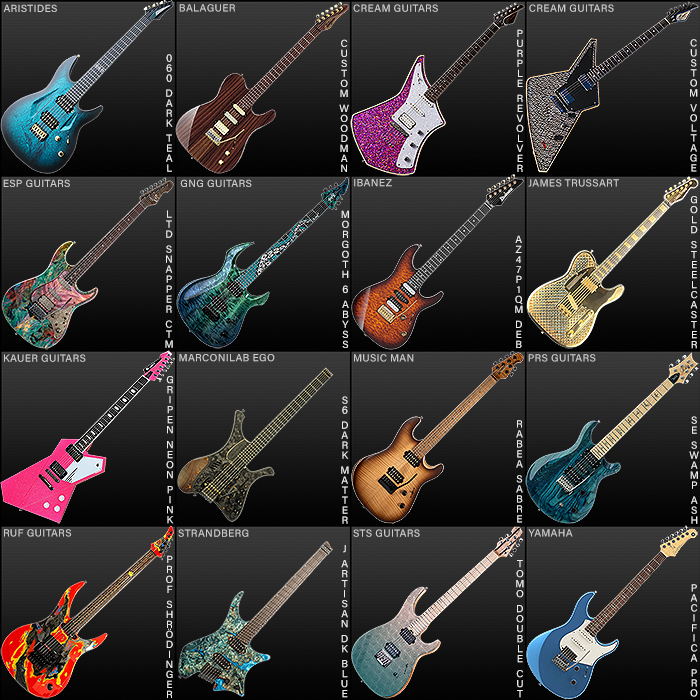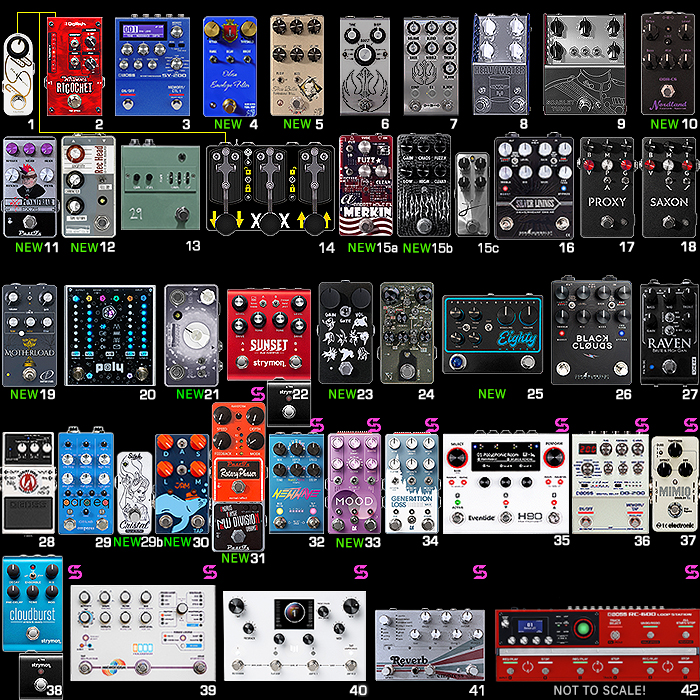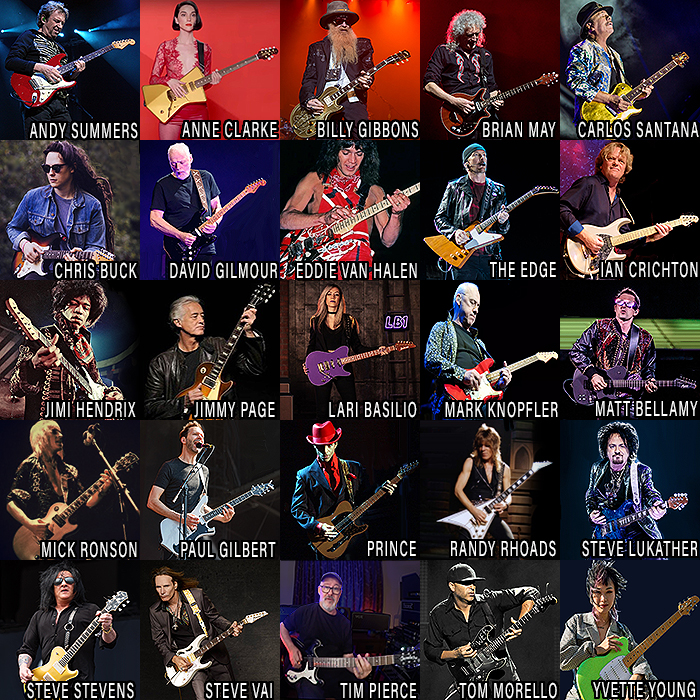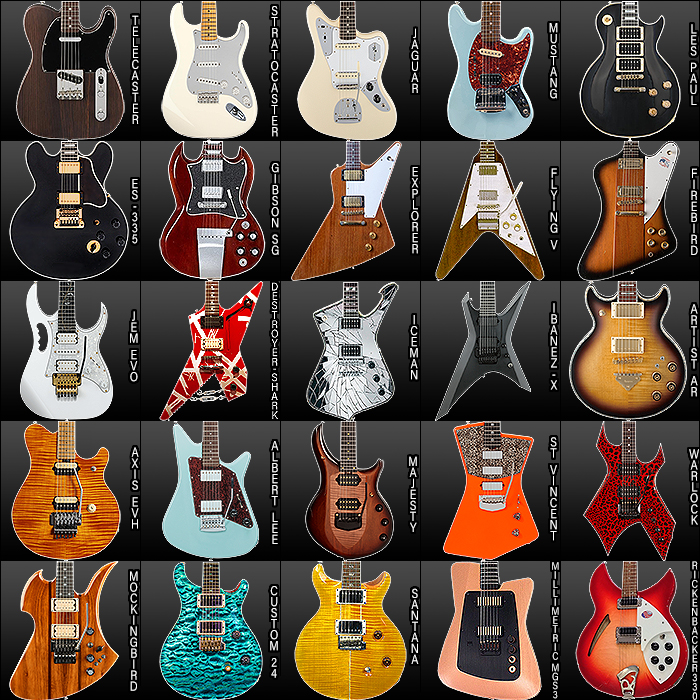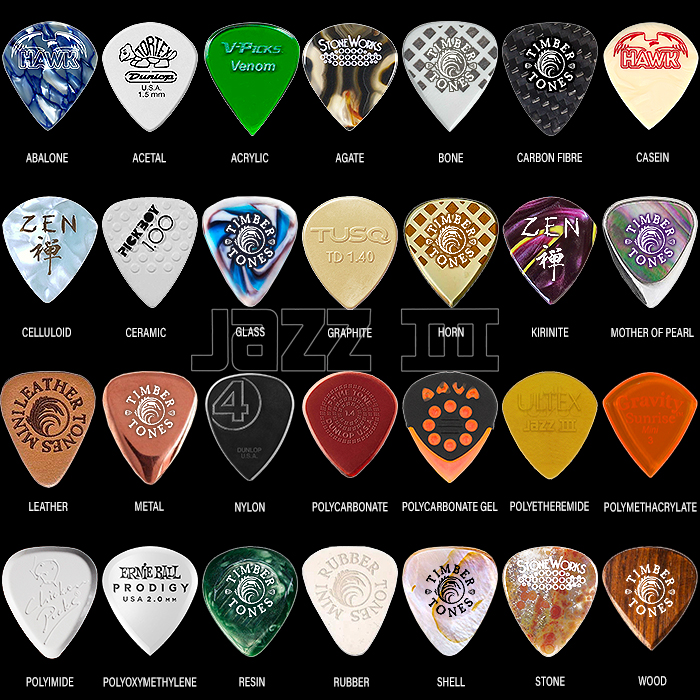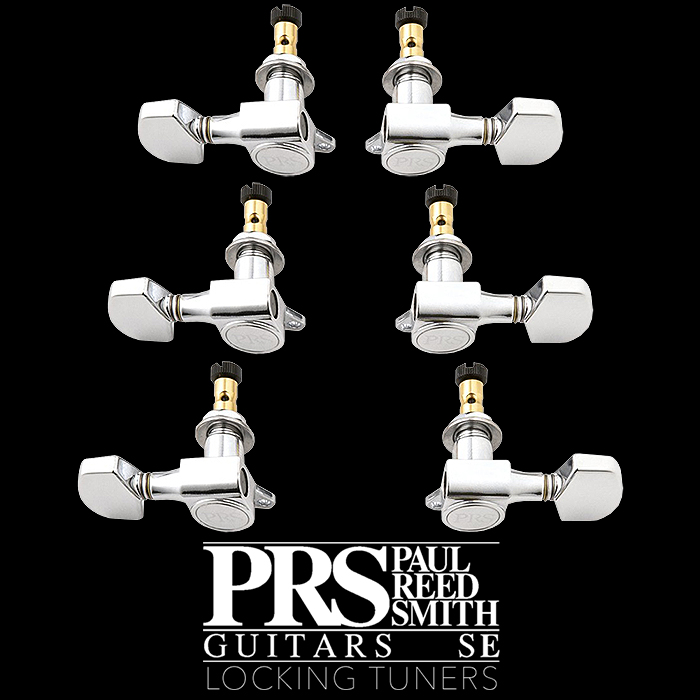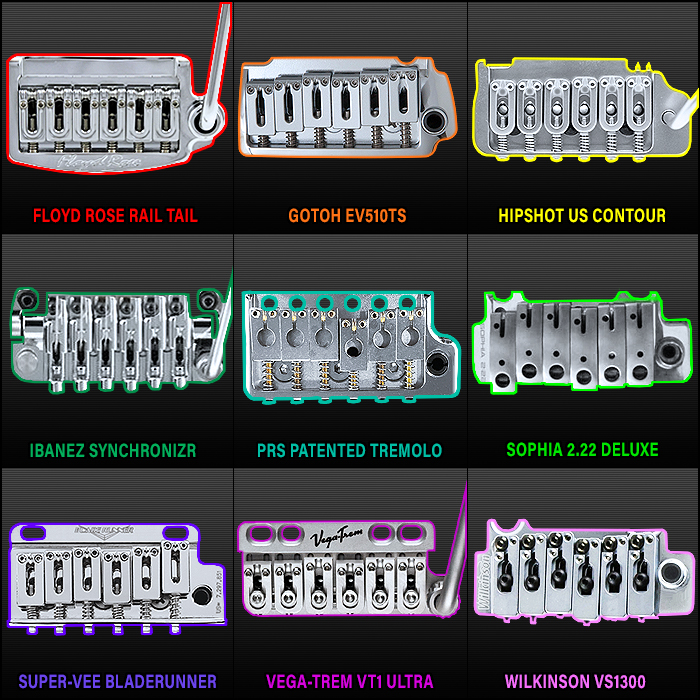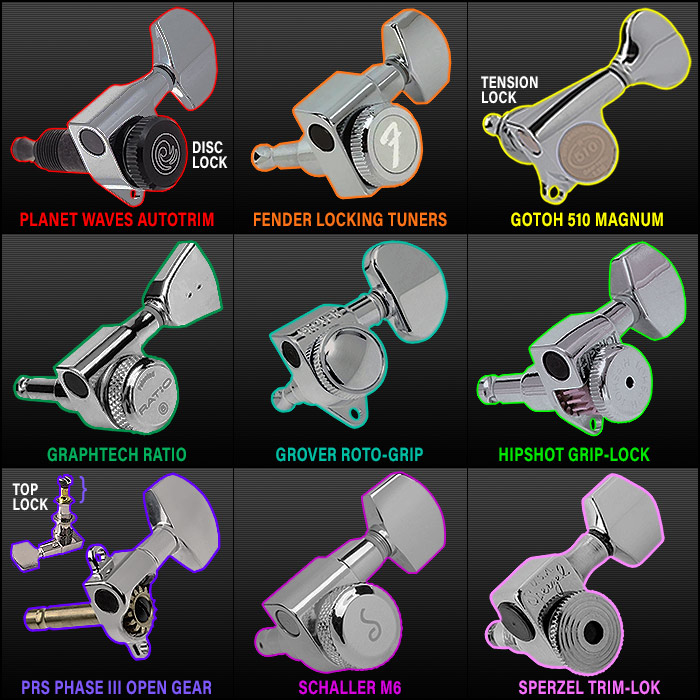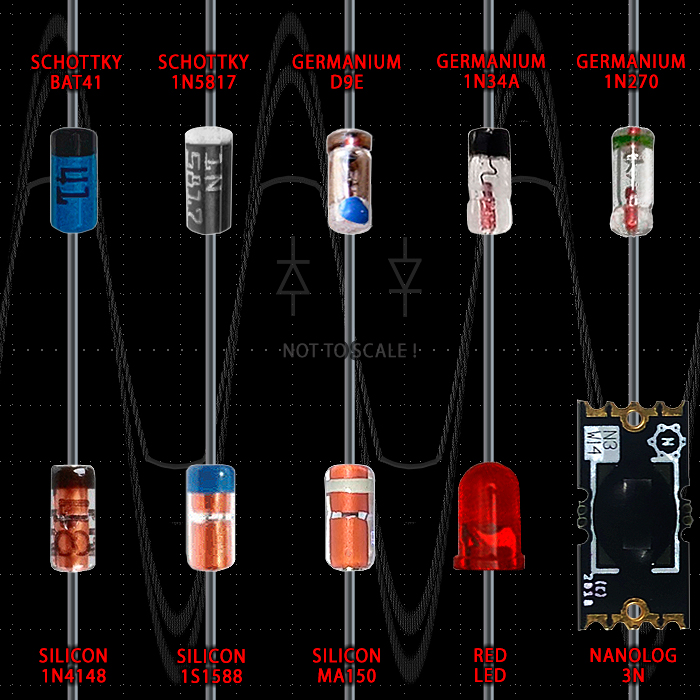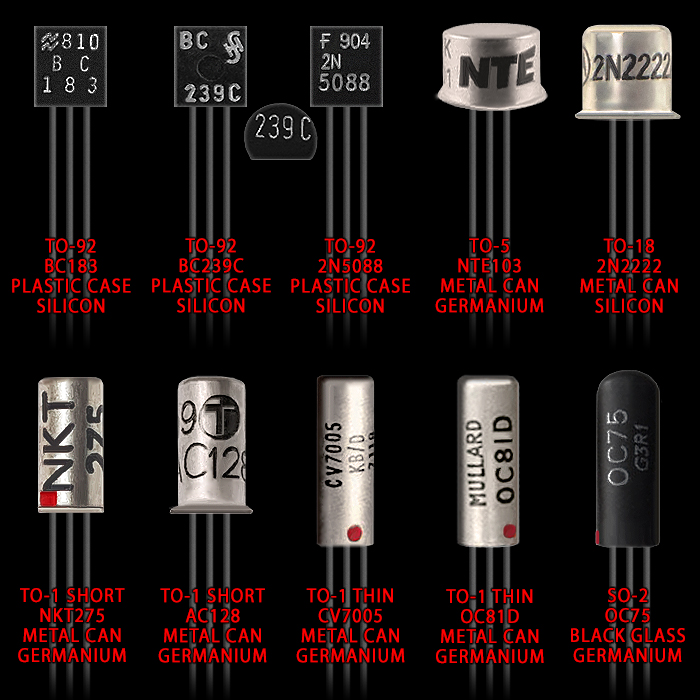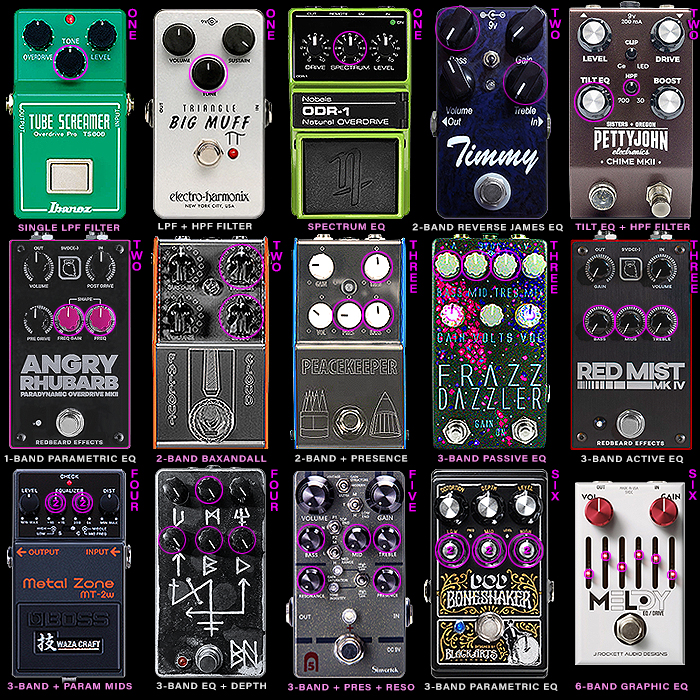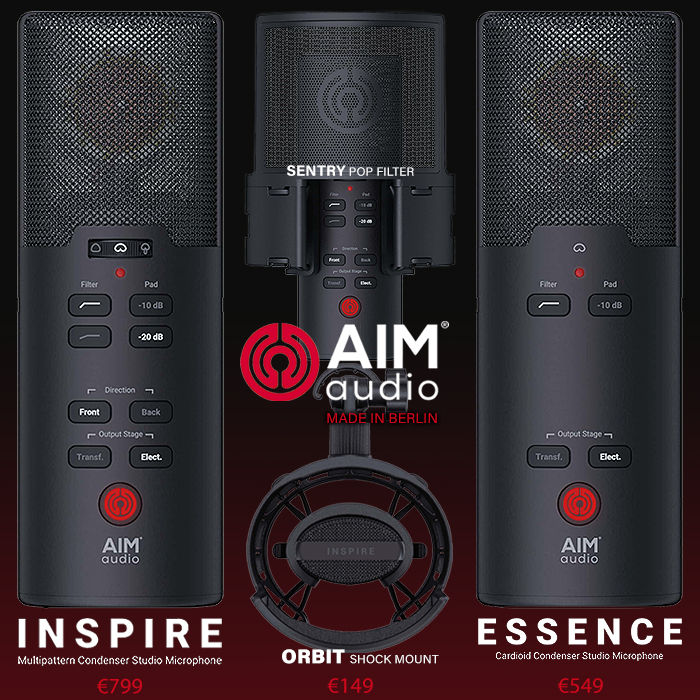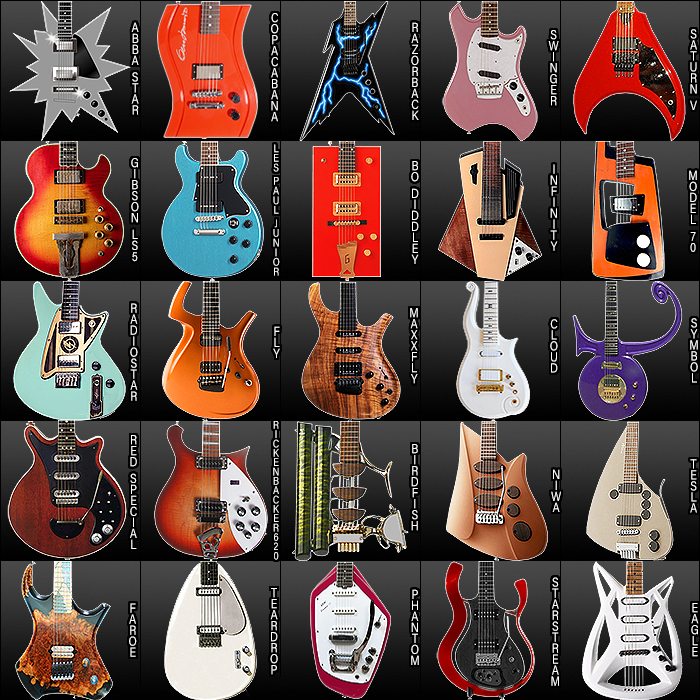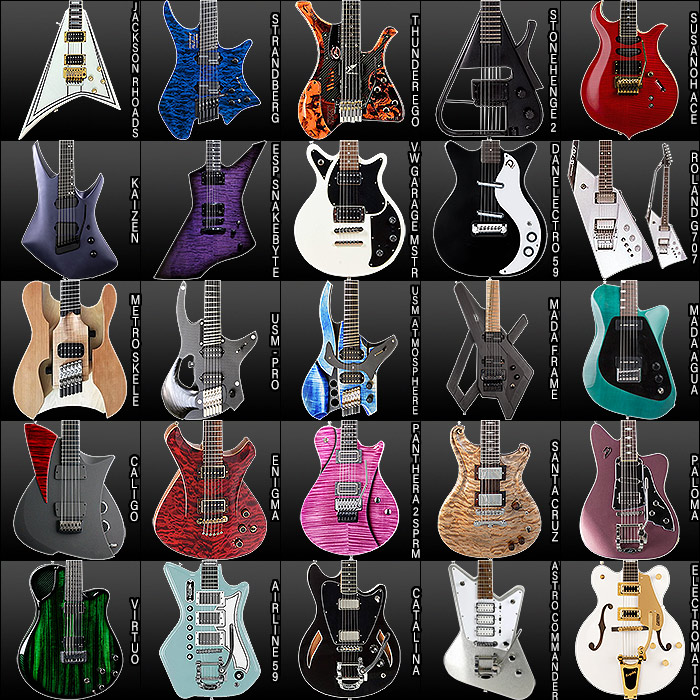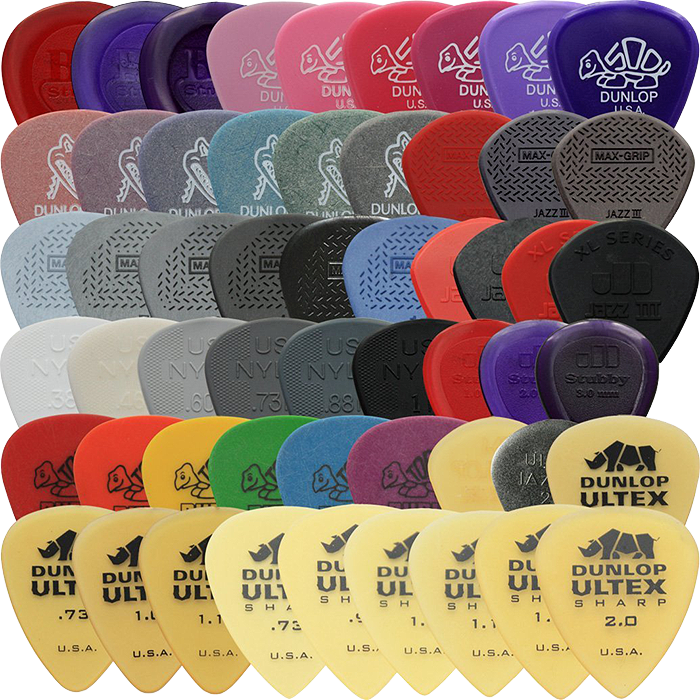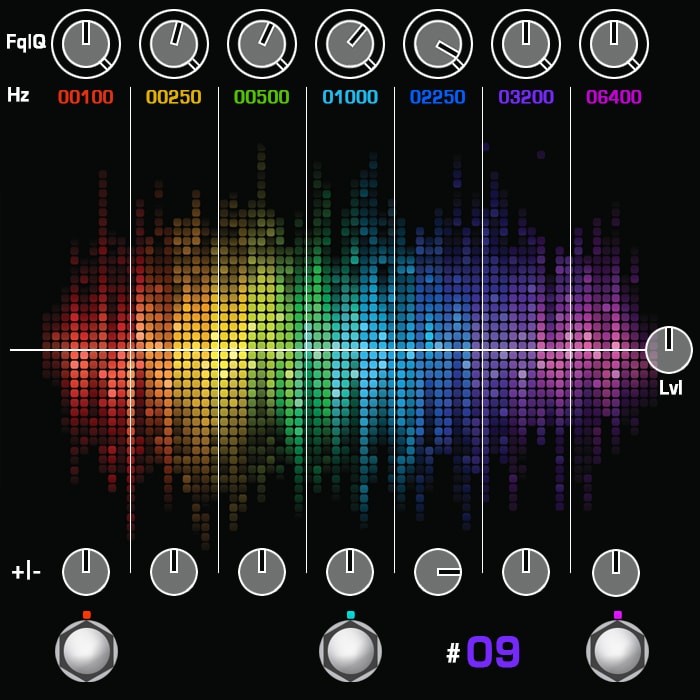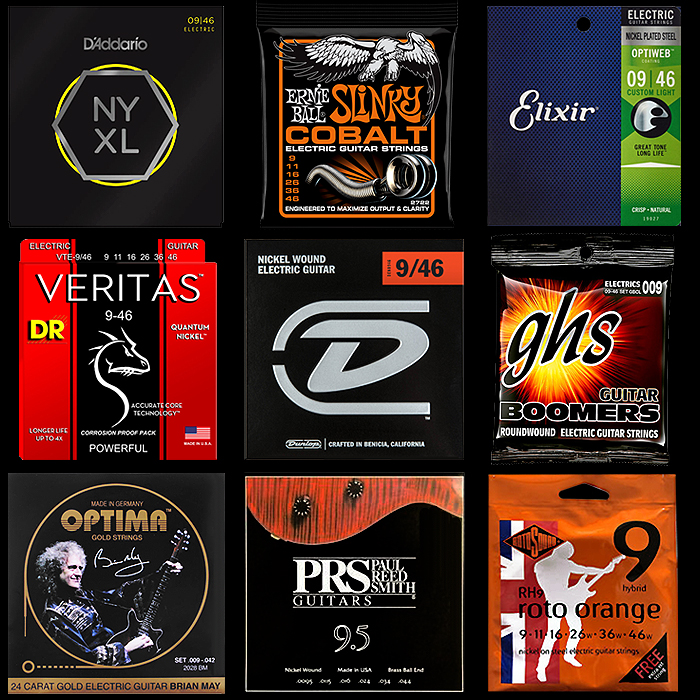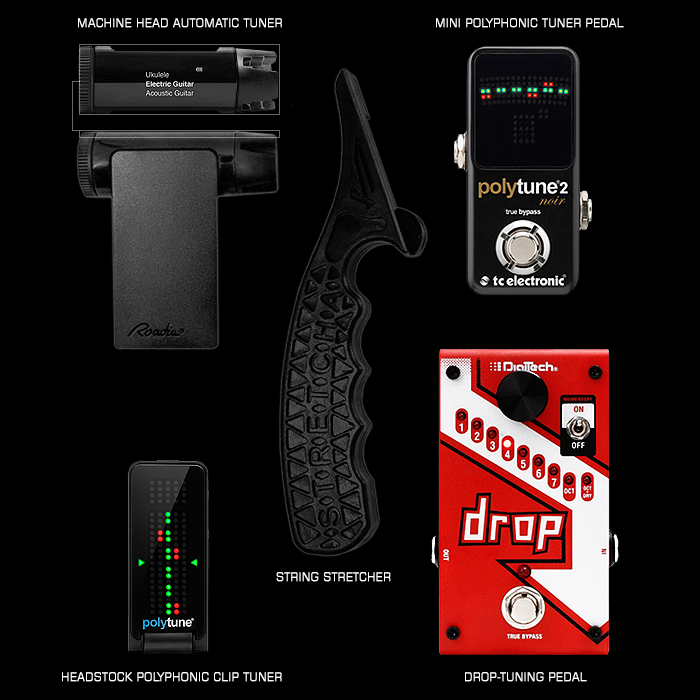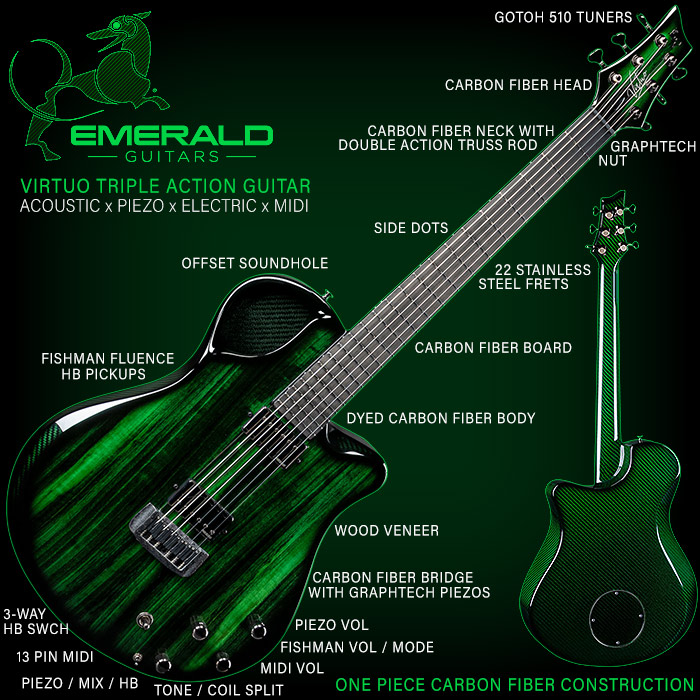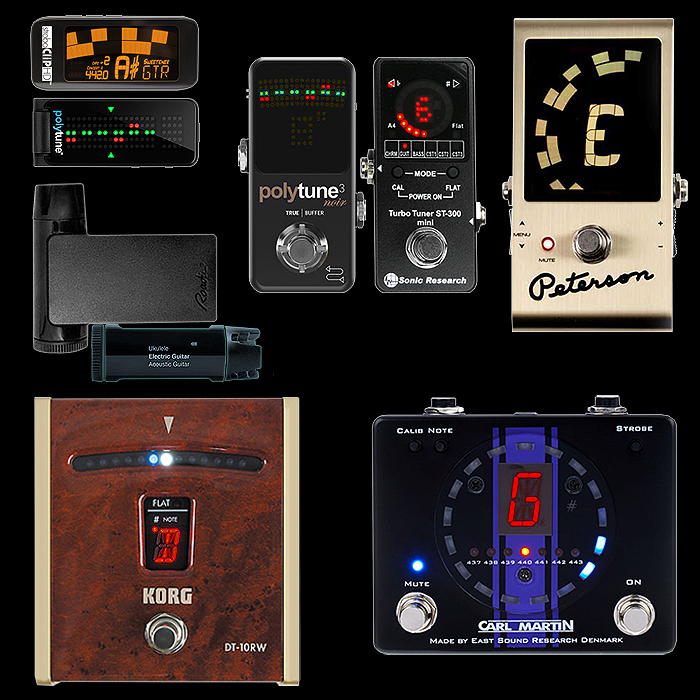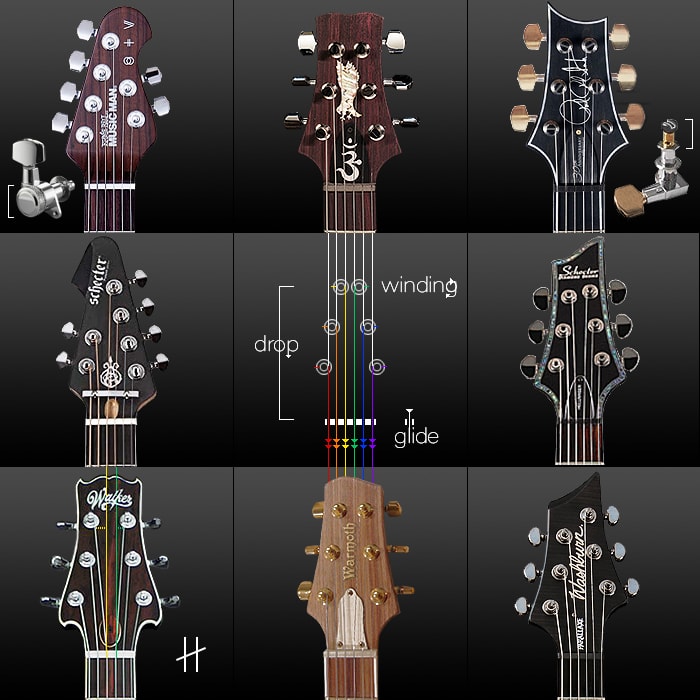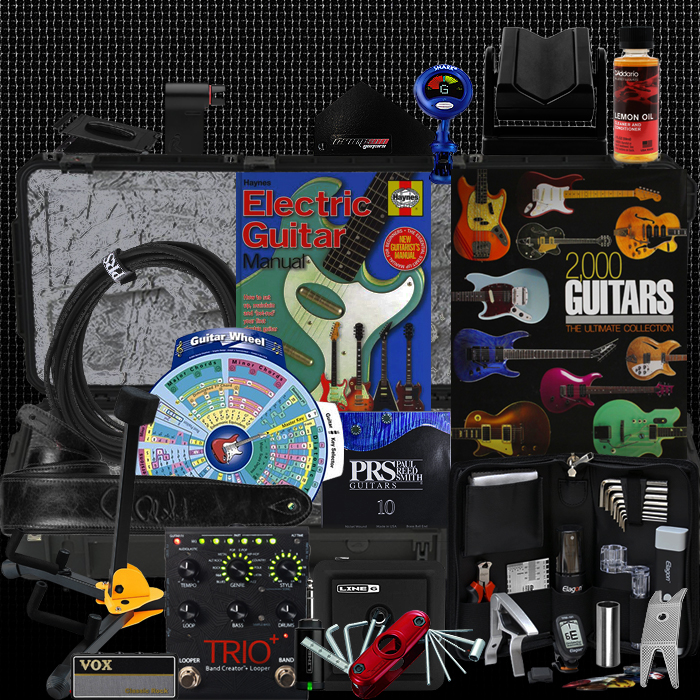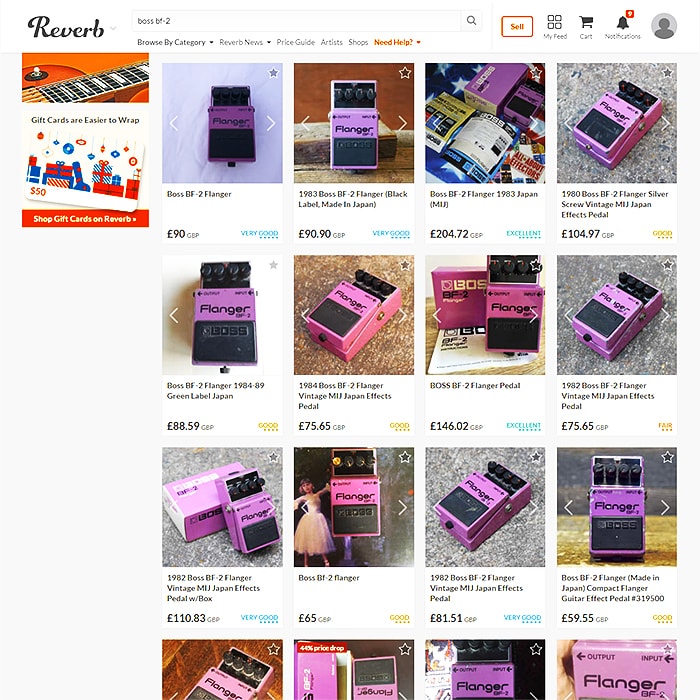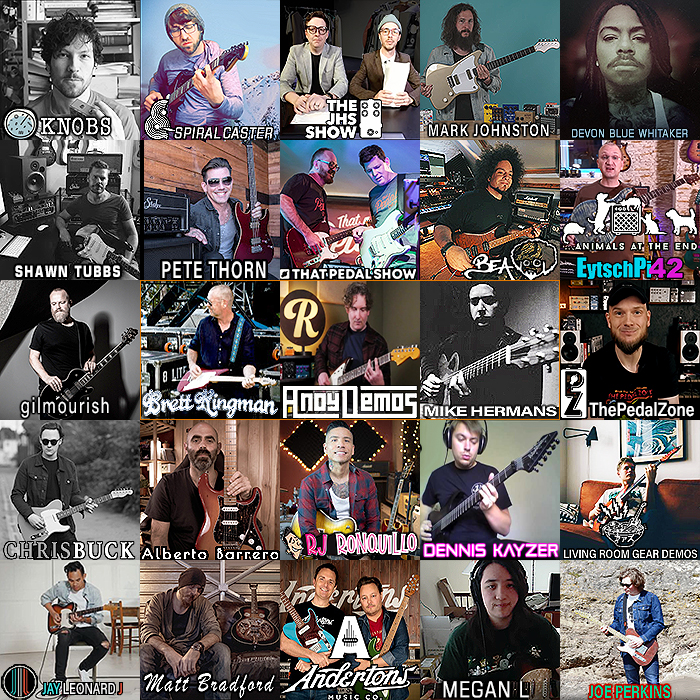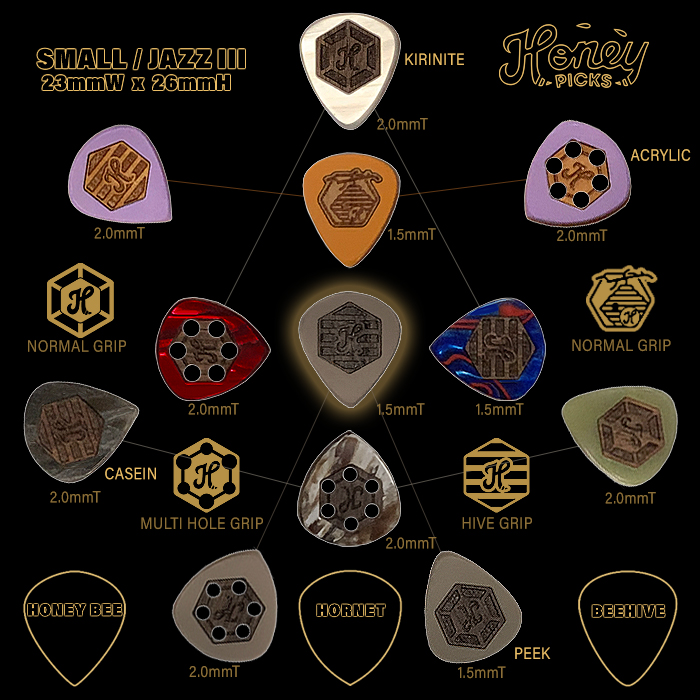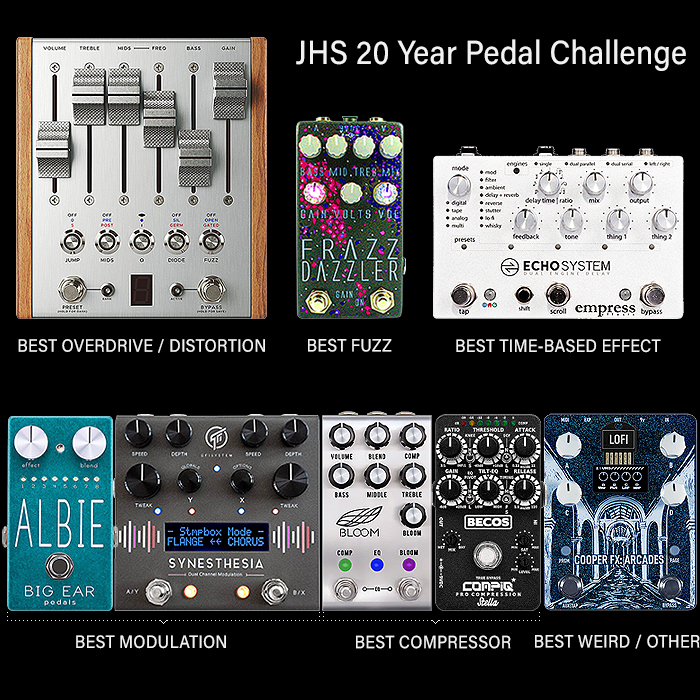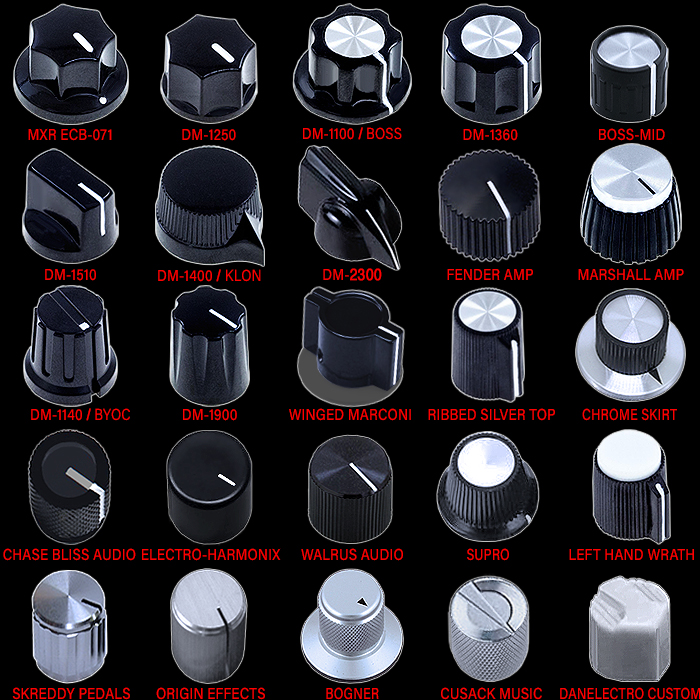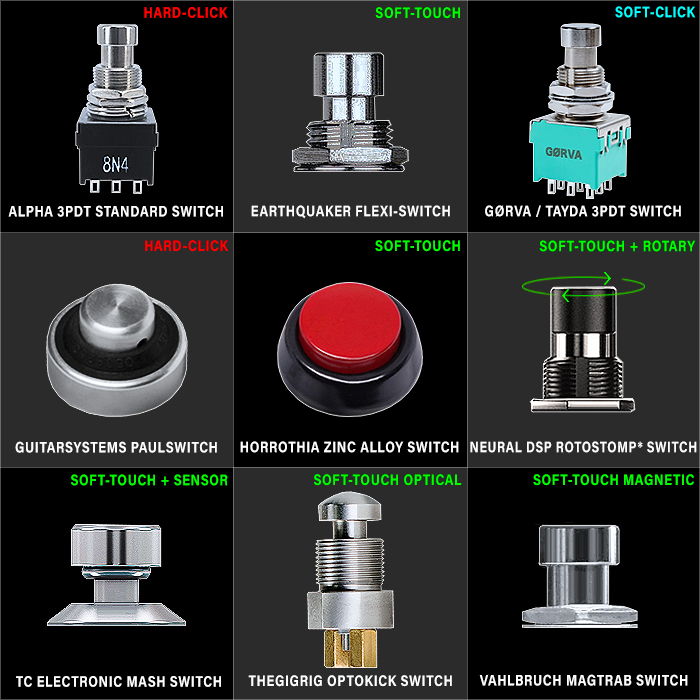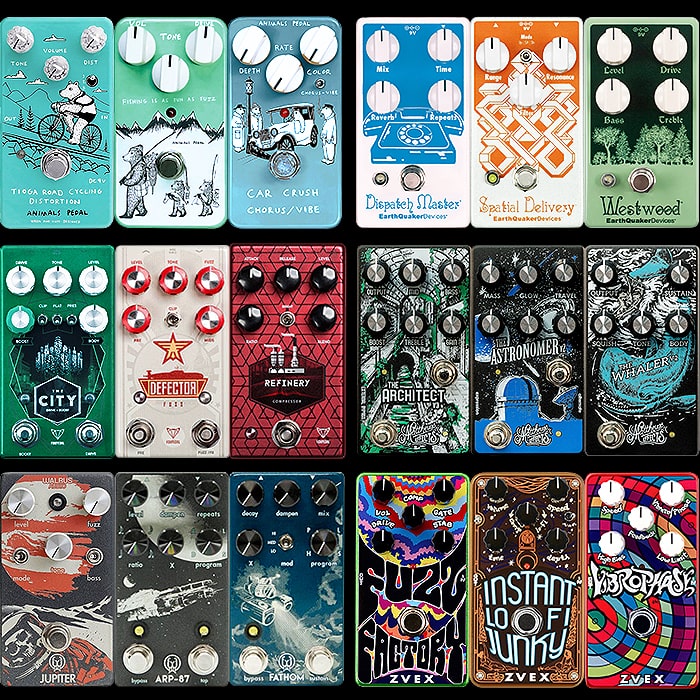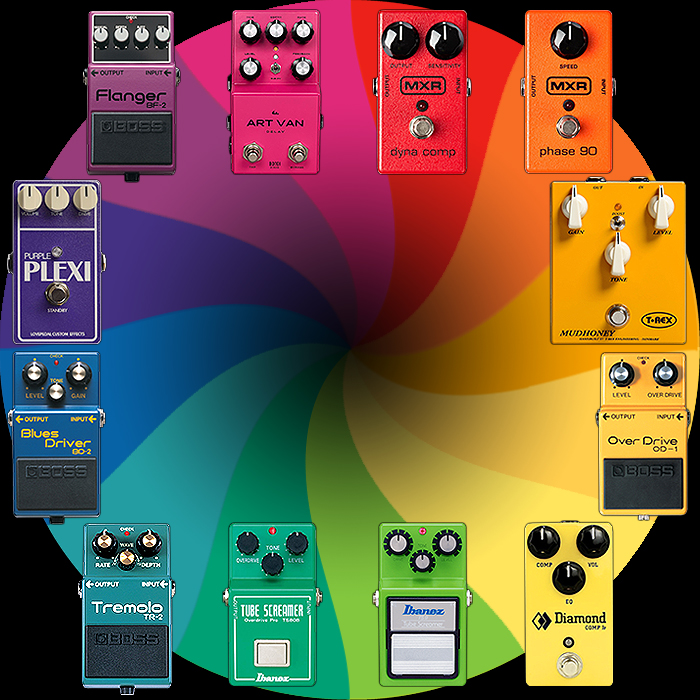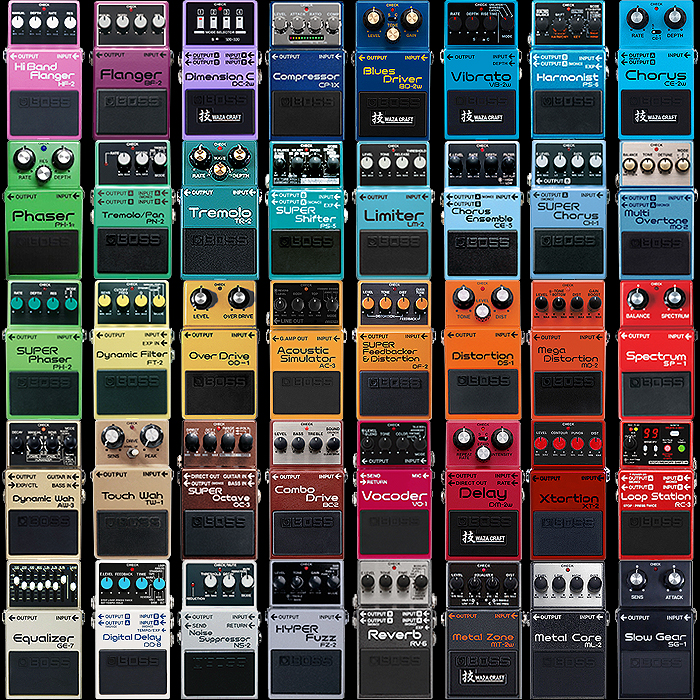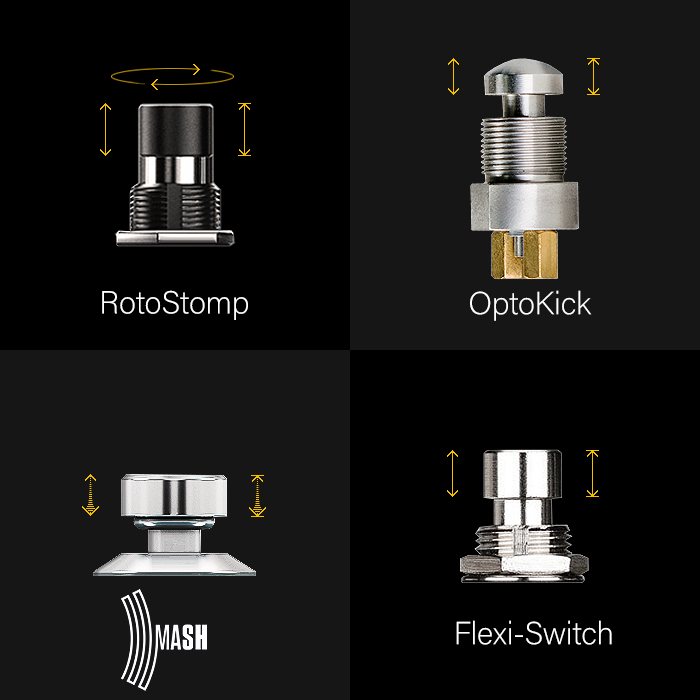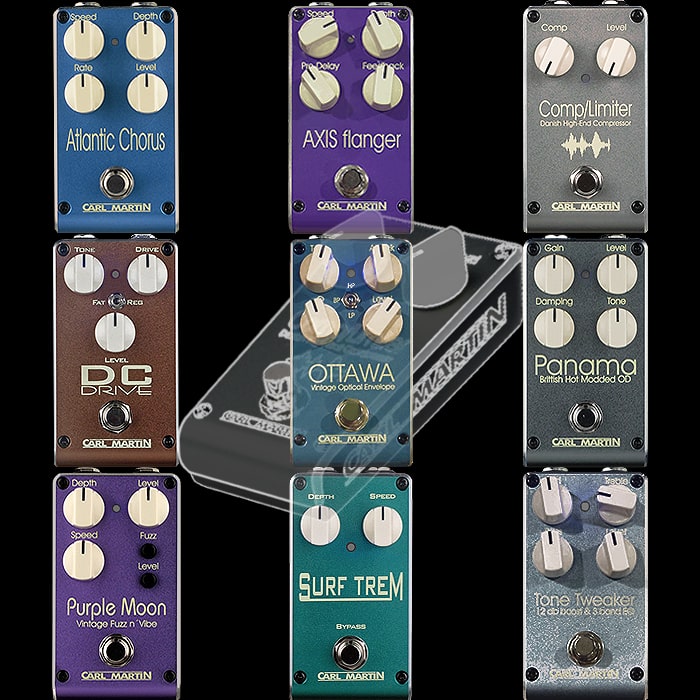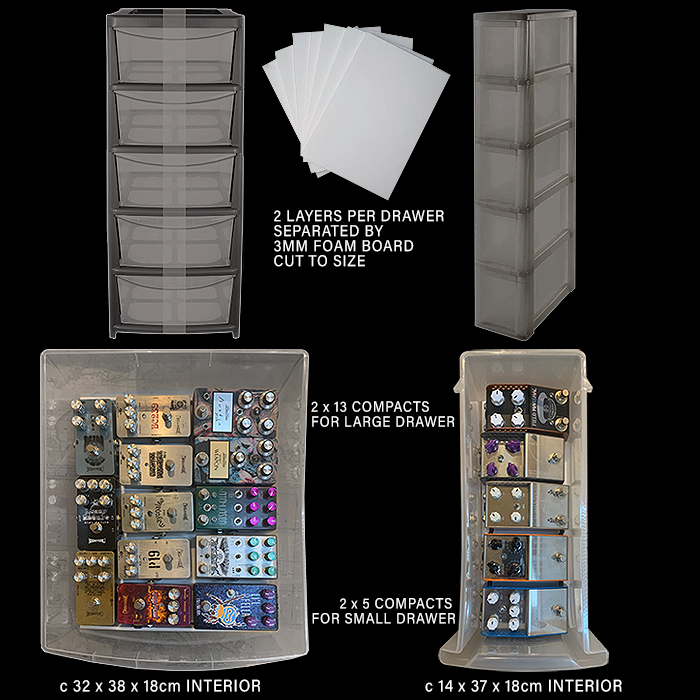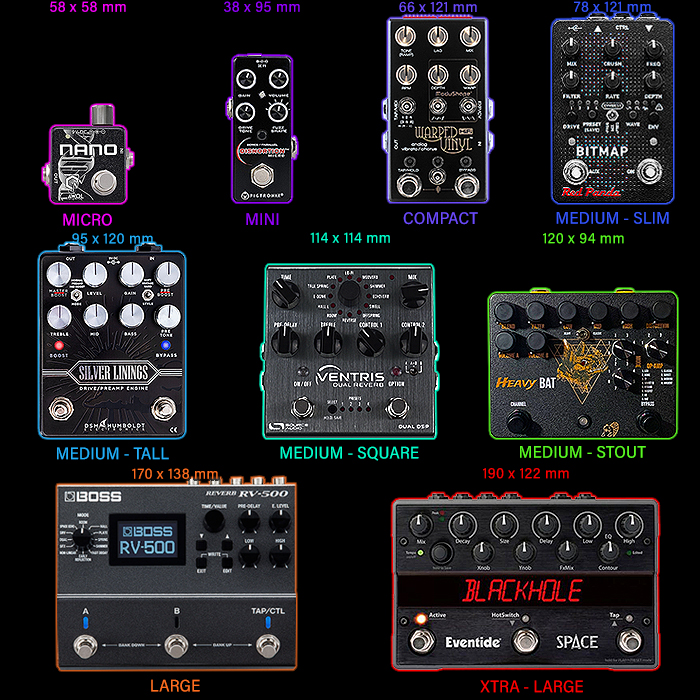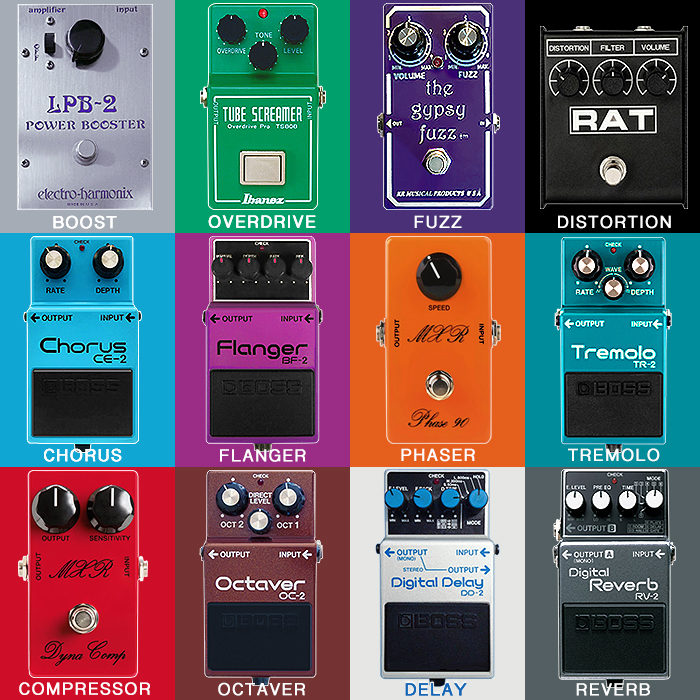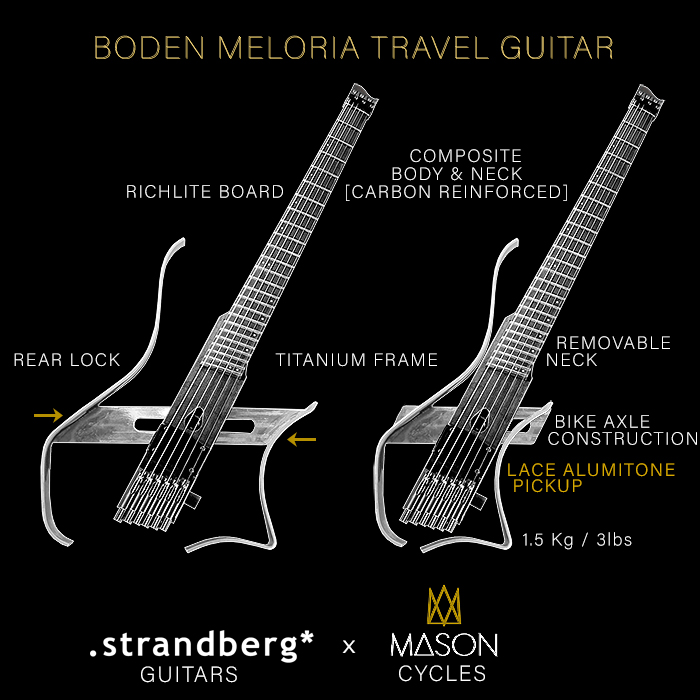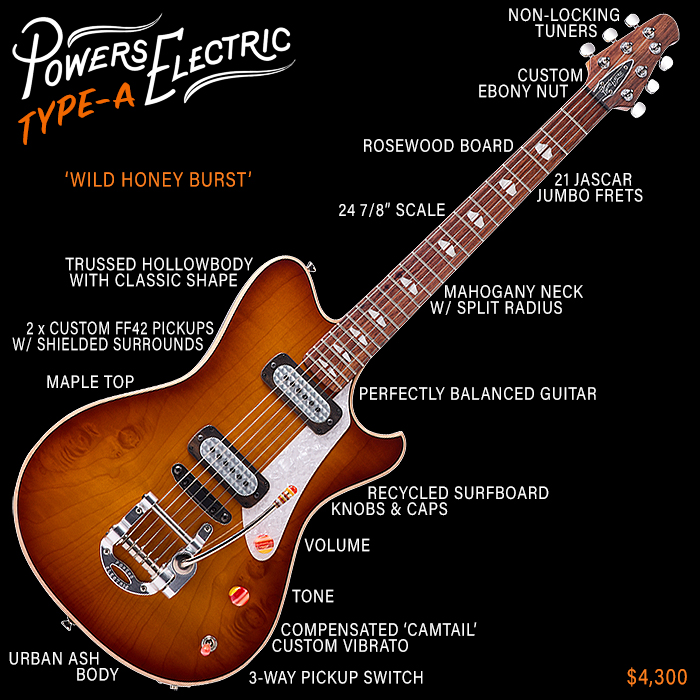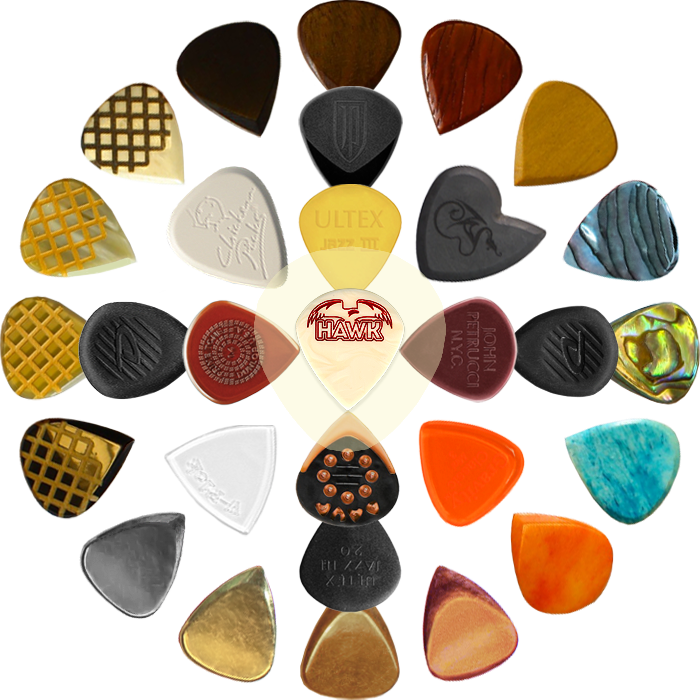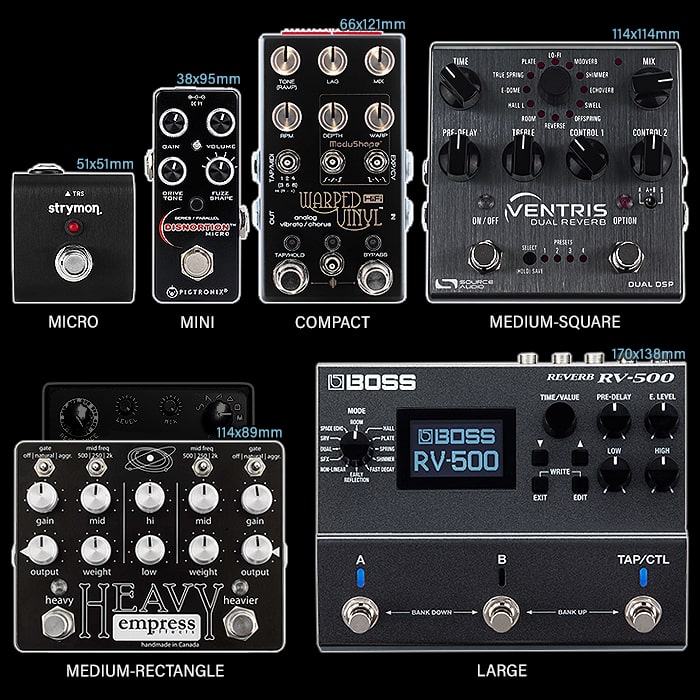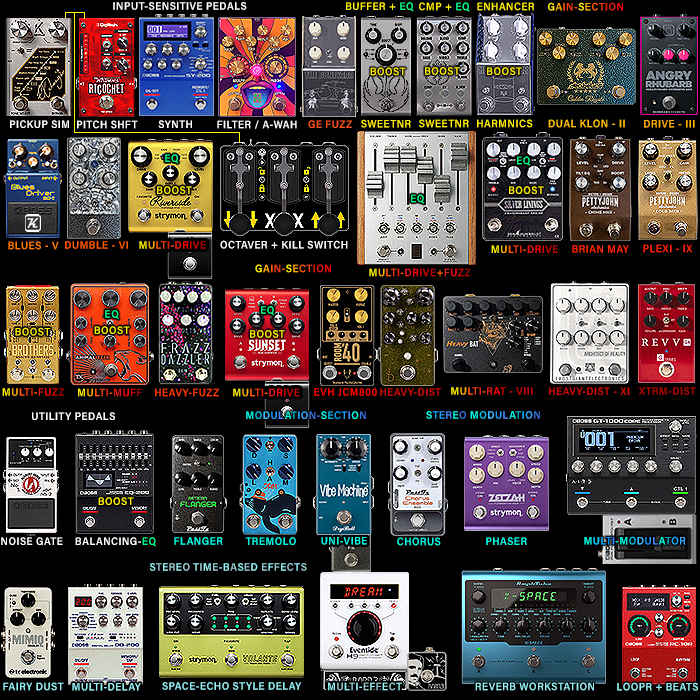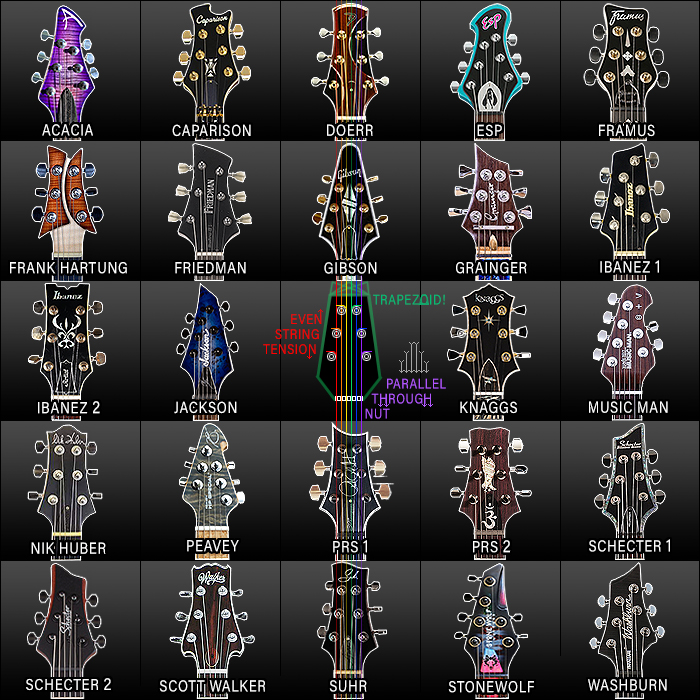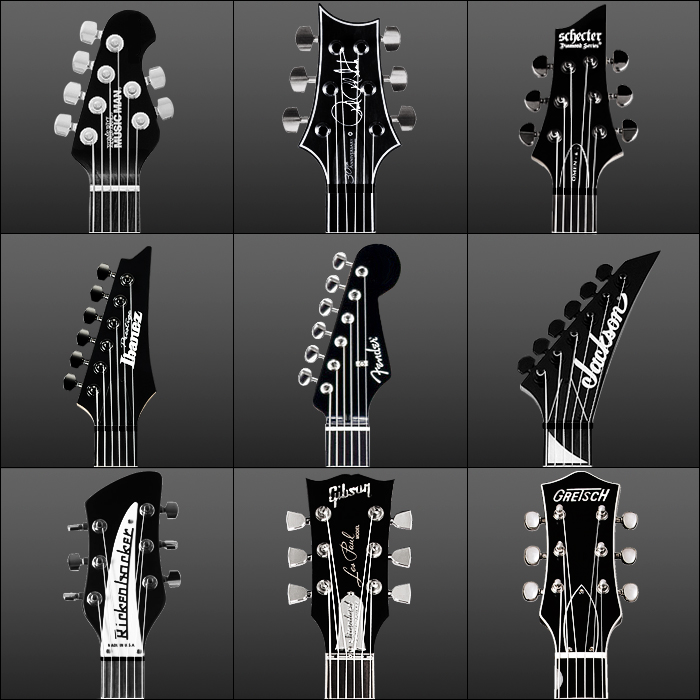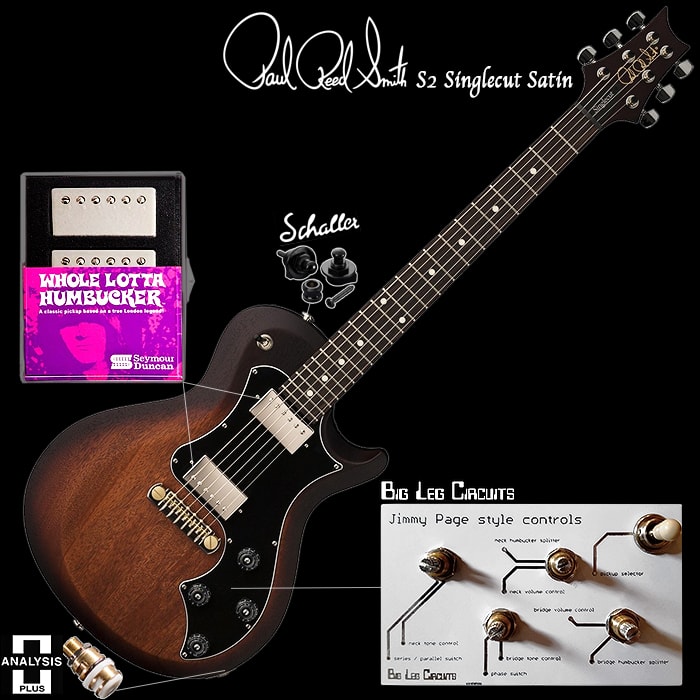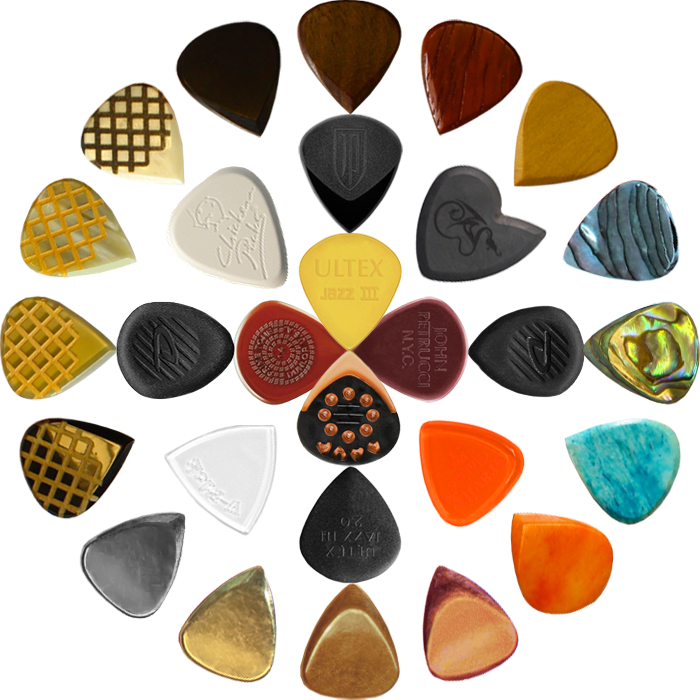Electric Guitar String Theory A-Z
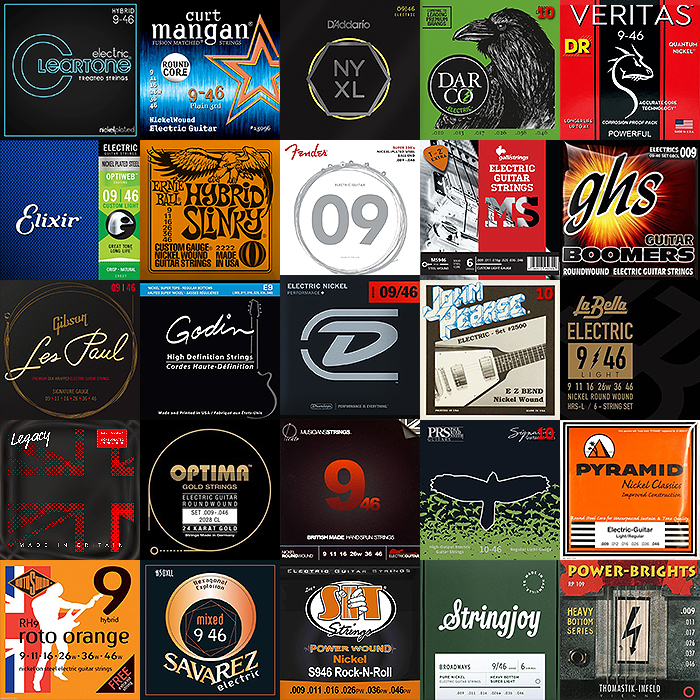
I last did this exercise back in February of 2018 - where the core of the article was solid - while I only focused on 9 of the more popular brands. This time around I up the ante to 25 key electric guitar string brands - so there really should be something for everyone here!
Most 6 string electric guitars are supplied with standard 10 gauge (10-46) strings usually OEM’d for the guitar manufacturer by one of the main manufacturers or overseas subsidiaries. Some guitars are down-tuned by default, like my PRS Holcomb SE and those tend to have heavier gauges (10-52). 7, 8 and 9 string guitars have particularly heavy gauges, I may consider a 7-string at some stage, but I’m really not comfortable going anywhere beyond that!
Both my current mainstay Guitars are PRS; my CE was supplied with PRS Strings (D’Addario OEM’d to PRS spec), and the Holcomb SE I believe came with 10-52’s and has been re-strung with equivalent D’Addario NYXL. For the CE I started with standard 10 gauge PRS strings, but have now moved over to NYXL 09-46s - slightly brighter sounding than the original PRS ones which are slightly smoother and warmer.
For standard Gauges you can really pick from any number of suppliers, while many brands have their own gauges and hybrid variants - D’Addario seems to provide more variations than any other. Each manufacturer has its own specialism - particular formula and mix of string materials and how they are wound, colour-coded and coated.
The Big 3 are D’Addario, Ernie Ball and Elixir - the first ist best regarded for its NYXL range, Ernie Ball for its Slinky, Cobalt & Paradigm varieties, and Elixir for its Optiweb coated strings.
I am currently sticking with my NYXLs for a while, but have promised Rotosound’s Jack Dunwoody that I would try some of their strings - Rotos, British Steel, and Ultramag. Right now only the Roots are available as a preferred set of 9-46 - but Jack has stated that he’s trying to get that set standard on British Steel and Ultramag ranges too.
I’m generally really very happy with the NYXLs currently and it’s really not the same process as choosing the ultimate pick / plectrum - which takes mere mili-seconds to swap - while switching strings is quite a bit more time-consuming - especially if you want to A-B them!.
In the end it’s about what you feel comfortable with, what sounds best for your choice of music, and delivers sufficient value in practicality and longevity. Here follow a few pointers and some options, starting with the brands featured in the visuals - the exact sets references, and what they’re currently priced at in £ Sterling!
Electric Guitar String Brands Overview

Pricing would seem to be roughly in 3 tiers : c, £6-£10, c, £10-£15, and c. £20 at the upper end :
CLEARTONE - Electric, Monster, Signature Phil X
Pictured : Electric 9-46 [£8.99]
CURT MANGAN - Round Core Nickel, Round Core Pure Nickel, Drop Tuning Nickel Wound, Pure Nickel, Nickel Wound, Monel Hex Core, Stainless Flatwound, String Lap Steel, Signature Stephen Brewer, Signature Rex Briones, Signature Iron Mike Norton
Pictured : Round Core Nickel 9-46 [£11.99]
D'ADDARIO - NYXL, XS Nickel, XT Nickel, KL Nickel, XL Half Rounds, Chromes, Pure Nickel, ProSteels
Pictured : NYXL 9-46 [£12.99]
DARCO - Nickel Wound Electric
Pictured : Nickel Wound 10-46 [£6.99] (no 9-46 available)
DEAN MARKLEY - Signature Series, Blue Steel, Blackhawk Coated
Not pictured : Signature Series Custom Light 9-46 [£799
DR STRINGS - Veritas, Pure Blues, Tite-Fit, DDT, Hi-Beam, Dragon Skin, Legend, Dimevag Hi-Voltage
Pictured : Veritas 9-46 [£14.99]
ELIXIR - Optiweb Nickel Wound, Nanoweb Nickel Wound, Polyweb Nickel Wound
Pictured : Optiweb Nickel Wound 9-46 [£15.99]
ERNIE BALL - Slinky Nickel Wound, Slinky Classic, Slinky RPS Nickel Wound, Slinky RPS Coated Titanium, Slinky Paradigm, Slinky Cobalt, Slinky M-Steel, Slinky Stainless Steel, Nickel Wound Custom Gauge, Signature Slash Set
Pictured : Hybrid Slinky 9-46 [£8.99]
FENDER - Super 250's Nickel-Plated Steel, Original 150's Pure Nicke, 3150 Original Bullets Pure Nickel, 3250 Super Bullets® Nickel Plated, Jimi Hendrix 'Voodoo Child' Electric
Pictured : Super 250LR Nickelplated Steel 9-46 [£5.99]
GALLI - EG Nickel Coated, RS Nickel, PN Pure Nickel, MS Steel, JF Jazz Flat Electric, Black Nylon Electric
Pictured : MS Steel 9-46 [€9.60]

[GHS BRIGHTNESS CHART]
GHS - Boomers, Coated Boomers, Sub-Zero Boomers, Nickel Rockers, Burnished Nickel Rockers, Big Core Nickel Rockers, Brite Flats, Precision Flats, Progressives, Super Steels
Pictured : Boomers 9-46 [£8.99]
More brands should follow GHS's above Brightness Chart
GIBSON - Les Paul Premium, Brite Wire, Brite Wire 'Reinforced', Vintage Reissue, Flatwound
Pictured : Les Paul Premium 9-46 [£12.99]
GODIN - High Definition
Pictured : E9 High Definition 9-46 [£5.85]
JIM DUNLOP - Performance+, Signature Billy Gibbons Custom Rev Willy'sSignature Jin Root String Lab, Signature Heavy Core Korn, Signature Lab Series Trivium
Pictured : Performance+ 9-46 [£5.99]
JOHN PEARSE- Nickel Wound Custom, Nickel Wound EZ Bend / Super etc., Nickel Wound Jazz Swing, Nickel Wound Splits
Pictured : Nickel Wound EZ Bend 10-46 [£7.99] (no 9-46 available)
LA BELLA - Electric, Electric Drop Tune, Jazz Flats
Pictured : Electric 9-46 [£7.95]
LEGACY - Pro-Tone
Pictured : Pro-Tone 9-46 [£5.99]
OPTIMA - Gold Plated Electric, Signature Brian May Gold Plated Electric (9-46), Signature Gold Plated Frank Zappa [8-46]
Pictured : Gold Plated Electric 9-46 [£19.99]
PICATO - Nickel Wound, Plain Steel
Pictured : Nickel Wound 9-46 [£7.99]
PRS - Classic, Signature
Pictured : Signature 10-46 [£15.00] (no 9-46 available)
PYRAMID - Nickel Classics, Gold Pure Nickel Flatwound, Monel Classics, Pure Nickel Round Wounds, Fusion Flats Pure Nickel Flatwounds, Nickel Classics Jimi Hendrix (10-38)
Pictured : Nickel Classics 9-46 [£11.99]
ROTOSOUND - Roots, Pure Nickel, British Steel, Plain Steel, Darkzone, Ultramag, Top Tape Monel Flatwound, Signature Mikey Demus (10-54), Signature Michael Amott (11-59)
Pictured : Roto Orange 9-46 [£7.99]
SAVAREZ - Electric Nickel Explosion, Electric Focus, Electric Hexagonal Explosion
Pictured : Electric Hexagonal Explosion 9-46 [£7.99]
SIT - Power Wound Nickel, Power Steel Stainless, Universals Balanced Tension, CRT Coated Electric, Flat Wound Electric, Power Groove Pure Nickel, Silencer Semi-Flat Nickel, Electric Signature Series
Pictured : Power Wound Nickel 9-46 [£11.99]
STRINGJOY - Signatures Nickel Wound, Broadways Pure Nickel, Orbiters Coated Nickel
Pictured : Signatures Nickel Wound 9-46 [£11.99]
THOMASTIK-INFELD - Infeld, Blues Sliders, Power Brights Regular Bottom, Power Brights Heavy Bottom
Pictured : Power Brights Heavy Bottom 9-46
String Gauges
Do note that the following overviews contain some generalities, and there is an occasional disagreement of sorts by manufaturers as to exactly what constitutes that standard gauge - particularly with 11s - and where some manufacturers favour 10-48s, while others go with 10-49s. End Gauges / Lowest Strings tend to be even numbers - so I've gone with that rule here.
All these sets are sold by one or several of these brads, there is often a little overlap on the hybrids, and some players may buy 2 or more different sets to make up their own particular hybrid set. Lots of guitar strings are now also available as singles - so you can assemble or your own custom set.
I would say start with Standard 10s and work your way up or down from there depending on how it all feels and sounds for you. If you haven't done it already, I recommend that you change all your guitars up to locking tuners - which typically hold your tuning in a far superior fashion, but equally importantly enable you to change your strings quicker and easier!
I have indicated Standard Gauges in bold - like most things with guitar - there is no right or wrong here - simply what feels right for you and aids your technical playing ability, tone and enjoyment of making music over all.
My own current preference is Skinny Top / Heavy Bottom - or 9-46. I'd like to try a few more unconventional sets - likely custom for now - including 8-46, 8-52m and 9-52.
The following list is pretty expansive - yet there are new gauges materialising all the time - so this may not be 100% comprehensive - but will be close enough for most!
Typical 6 String Gauges
07 Standard - 07 | 09 | 11 | 20 | 30 | 38 - e.g. Billy Gibbons
08 Standard - 08 | 10 | 15 | 21 | 30 | 38 - e.g. Jimmy Page
09 Standard - 09 | 11 | 16 | 24 | 32 | 42 - e.g. Brian May
09 EddieVan - 09 | 11 | 15 | 24 | 32 | 40 - Eddie Van Halen
09 HybridSL - 09 | 12 | 15 | 22 | 30 | 40 - (SL = Super Light)
09 Hybrid44 - 09 | 11 | 16 | 24 | 34 | 44
09 Hybrid46 - 09 | 11 | 16 | 26 | 36 | 46 - e.g. Me! (My PRS CE)
10 Standard - 10 | 13 | 17 | 26 | 36 | 46 - e.g. Default Standard on most 6 strings
10 GilmourX - 10 | 12 | 16 | 28 | 38 | 48 - David Gilmour
10 HendrixX - 10 | 13 | 15 | 26 | 32 | 38 - Jimi Hendrix
10 HybridBT - 10 | 14 | 17 | 25 | 34 | 46 - BT = NYXL Balanced Tension
10 Hybrid52 - 10 | 13 | 17 | 30 | 42 | 52 - e.g. Lenny Kravitz, Mark Holcomb (:My Holcomb PRS SE)
11 Standard - 11 | 14 | 18 | 28 | 38 | 48 - e.g. Slash
11 Stndrd49 - 11 | 14 | 17 | 25 | 38 | 49 - e.g. Jeff Beck
11 Hybrid50 - 11 | 15 | 19 | 28 | 37 | 50
11 Hybrid52 - 11 | 14 | 18 | 32 | 42 | 52
11 Hybrid54 - 11 | 15 | 22 | 30 | 42 | 54
11 Hybrid56 - 11 | 14 | 19 | 32 | 44 | 56
12 Standard - 12 | 16 | 24 | 32 | 44 | 56 - e.g. Malcolm Young
12 Hybrid52 - 12 | 16 | 24 | 32 | 42 | 52
12 Hybrid54 - 12 | 16 | 20 | 32 | 42 | 54
12 Hybrid60 - 12 | 16 | 20 | 34 | 46 | 60
13 Standard - 13 | 17 | 26 | 36 | 46 | 56
13 StevieRV - 13 | 15 | 19 | 28 | 38 | 58 - Stevie Ray Vaughan
Typical 7 String Gauges
09 Standard - 09 | 11 | 16 | 24 | 32 | 42 | 52
09 Hybrid58 - 09 | 11 | 16 | 24 | 32 | 42 | 58
09 Hybrid62 - 09 | 11 | 16 | 26 | 32 | 44 | 62
09 Hybrid64 - 09 | 11 | 16 | 26 | 36 | 46 | 64
10 Standard - 10 | 13 | 17 | 26 | 36 | 46 | 56
10 Hybrid59 - 10 | 13 | 17 | 26 | 36 | 46 | 59
10 Hybrid60 - 10 | 13 | 17 | 26 | 36 | 46 | 60
10 Hybrid64 - 10 | 13 | 17 | 30 | 42 | 52 | 64
11 Hybrid59 - 11 | 14 | 18 | 28 | 38 | 49 | 59
11 Standard - 11 | 14 | 18 | 28 | 38 | 50 | 60
11 Hybrid64 - 11 | 14 | 18 | 28 | 38 | 49 | 64
11 Hybrid70 - 11 | 14 | 18 | 36 | 46 | 52 | 70
12 Standard - 12 | 16 | 20 | 34 | 46 | 58 | 72
13 Standard - 13 | 17 | 30 | 42 | 54 | 64 | 74
13 Hybrid70 - 13 | 17 | 22 | 34 | 46 | 58 | 70
String Type / Material
Your typical strings are made of a mix of mostly steel, carbon and nickel - the latter metal is used to give you more malleability and flexibility and to improve tone, as solid stainless steel can be rather brittle and sharp!. Each manufacturer has their own formula for the core string, as well as type, configuration and tightness of wrap too. You can get solid Stainless Steel - majority Carbon Steel, majority Nickel, and then compounds of Chrome, Cobalt, Copper and Titanium. Steel has the typical brightness and Chime, Nickel gives you softer, warmer and more rounded tones, and there are smaller variations in mixing up the various other elements.
The most commonly sold strings are Nickel+Steel, typically roundwound as such - the lighter gauge strings are just the solid core (unwound) while the heavier strings can be Roundwound, Flatwound or Halfround. Companies like Elixir have pioneered various teflon-like string coatings which protect the strings from sweat, grime and oxidisation - meaning they last longer. Obviously each string type will have a slightly different feel, and variations in degrees of chime / brightness / resonance and sustain.
It's still early days for me - I have yet to experiment in the same way that I did for pickups, I will certainly need to check out the smaller manufacturers some day - but that kind of A/B testing is incredibly time-consuming - having to re-string the guitar various ways. Strings I have tended to use so far have been mostly Nickel Steel. Strings can be Uncoated, Semi-Coated and Fully Coated - with the mid option as a compromise between tone, feel and longevity.
Tonal Properties of Strings
As stated within Type / Material - the make-up of the string - in terms of material compound, windings and coating can all impact on tone to greater or lesser degree. Ernie Ball Cobalt for instance is supposed to better stimulate the magnets of your pickups - for a clearer tone. Steel is bright and chimey, and nickel is warmer and more rounded generally. A lot of steel strings have various 'platings' or wraps to enhance the tone - typically either to produce more brightness or warmth.
Strings sound brightest at the start of their life, some players really like this and change strings more frequently, others prefer to let their strings settle in a touch - which softens and broadens to tonal pallet somewhat.
Gauge plays a significant part in tone too - with lighter gauges being brighter and sparklier while heavier gauges are darker and more resonant. As a modern metal player you at least want your bottom strings to be as thick as possible / comfortable - which is why there are so many different hybrid gauges. I don't possess particularly long fingers, and I started my second stint on guitar rather late in life - meaning I've dropped the top-half down to 9-gauge varieties, while maintaining the 10-style bottom strings. Note that changing up a gauge (i.e. going smaller), has less significant impact on your guitar maintenance than going larger. The latter approach means getting a new nut often, adjusting the saddles significantly, and overall having to do a lot more setup work to achieve proper intonation - fine if you've got a guitar-tech on hand, but not so much for the rest of us.
For my taste - I really quite like the duality of brighter top strings alongside deeper and darker bottom strings - so the hybrid approach is definitely the one for me. Again it's early days, so I won't be fully settled probably for a while still - also because for practicality reasons it's taking quite a bit longer to experiment and change things around.
String Touch / Feel
Again several factors are involved here - the gauge of the string, its make-up / composition, and its coating or lack thereof. If you are an Eddie van Halen fan who enjoys lots of fast and fluid fretwork movement with bends and vibrato galore, then you might find a narrower gauge handy - particularly for the upper strings. This is very much the path I took - albeit after acclimatising to regular 10 sets for a good 18 months or so.
A big part of the enjoyment of guitar is how easy and natural it all feels under your fingers - you should really just be able to concentrate on your tone and melody, without thinking about the mechanics of what string type you have. I say the same about picks - my Hawk Tonebird 7s are still fabulous - so much so that I really don't notice them any more - they have just become a natural extension of my fingers - I take them totally for granted now - in the best way.
The same should be the case for you strings - they should feel just right, and deliver the tone, dynamics and response you like without really having to think anything about them - they should just work, and work well - although you might have to try a few to arrive at your ideal setup.
String Lifespan
Typical quality strings are estimated to 'last' - i.e. play well for circa 100hrs. It really depends on how much you play, how agressive your style is, how much you sweat and the pH value of your sweat - also what sort of tone you like and how thick and how strong your strings are. Certain players prefer the earlier phase of their strings - the really spanky bright phase, while others like to temper the brightness down just a touching increase the string resonance. Ernie Ball's 'Paradigm' category of strings - are constructed to be more resilient, and much less likely to snap.
I typically change my strings at the very least every 12 months, while it can be a short as every 6 months. Those that play more etc. will want to change their strings more often - but that will obviously have financial implications / considerations. Some change their strings as often as weekly or fortnightly, some musicians even for every gig - obviously that is all impacted somewhat significantly by playing style!
String Pricing
This can vary significantly from around £6-£10 for the less dear sets, through £10-£15 for most higher quality sets - and as much as £20 for the more complex string formulations - depending also on use of semi-precious and precious metals.
I included pricing above for all of the sets pictured in the top visual!
If you buy in bulk you can get a unit discount, but generally you can get a pretty decent set for under a tenner, and a really high-end set for around £15. Note that prices vary enormously from one retailer to another so you have to shop around for the best price!
There is not necessarily a significant correlation between price and longevity as there are so many other factors involved - including component cost / composition, manufacturing technicalities, tone and touch.
Decide what sort of thing you want - and shop around by all means - as there are several vendors available, including Amazon, Andertons and StringsDirect in the UK. To-date I have bought my strings from a mix of Amazon and StringsDirect - they tend to have more brands available with larger ranges and are more likely to have stock than your typical guitar shop - which really cannot practically carry all the varieties.
Final Thoughts

I would say none of these strings are prohibitively expensive - although the most expensive here are nearly 4 times that of the cheapest. For me though its more of a matter of a combination of tone, comfort and feel!
Your strings are definitely a tool and utility, and do significantly impact on your tone. Yet I feel it is almost as important as to how the strings feel under your fingers - the right sort of strings for you should sound great, as well as be totally effortless to play.

